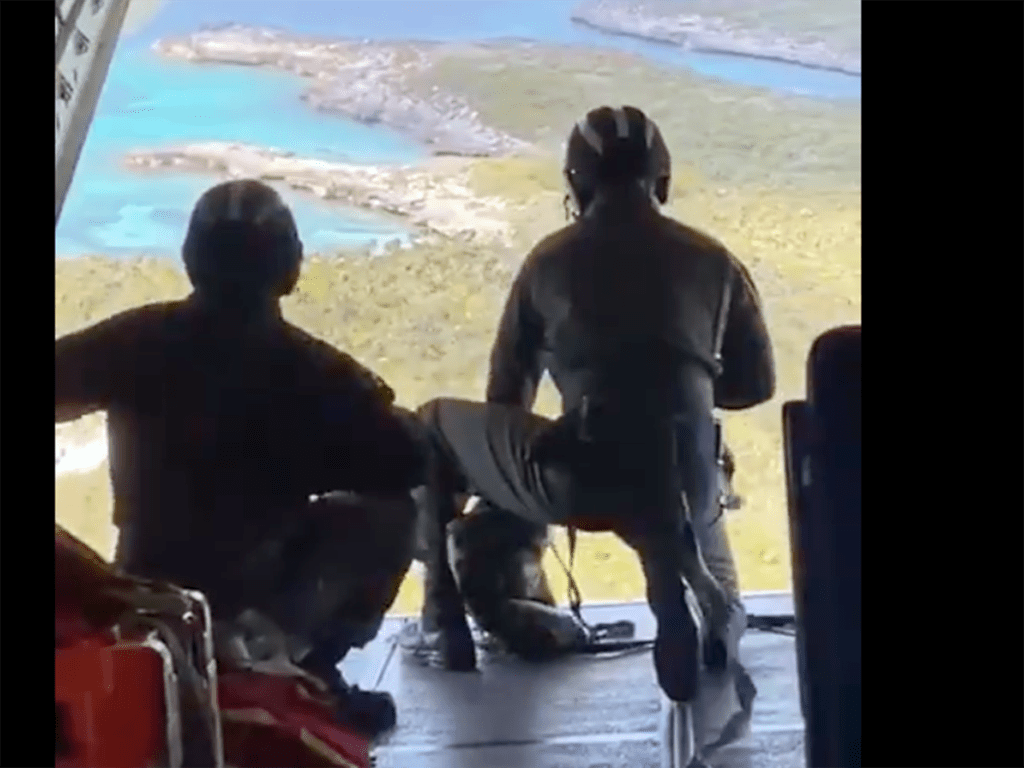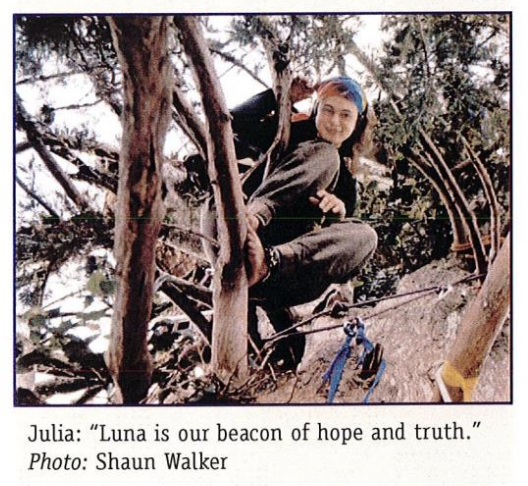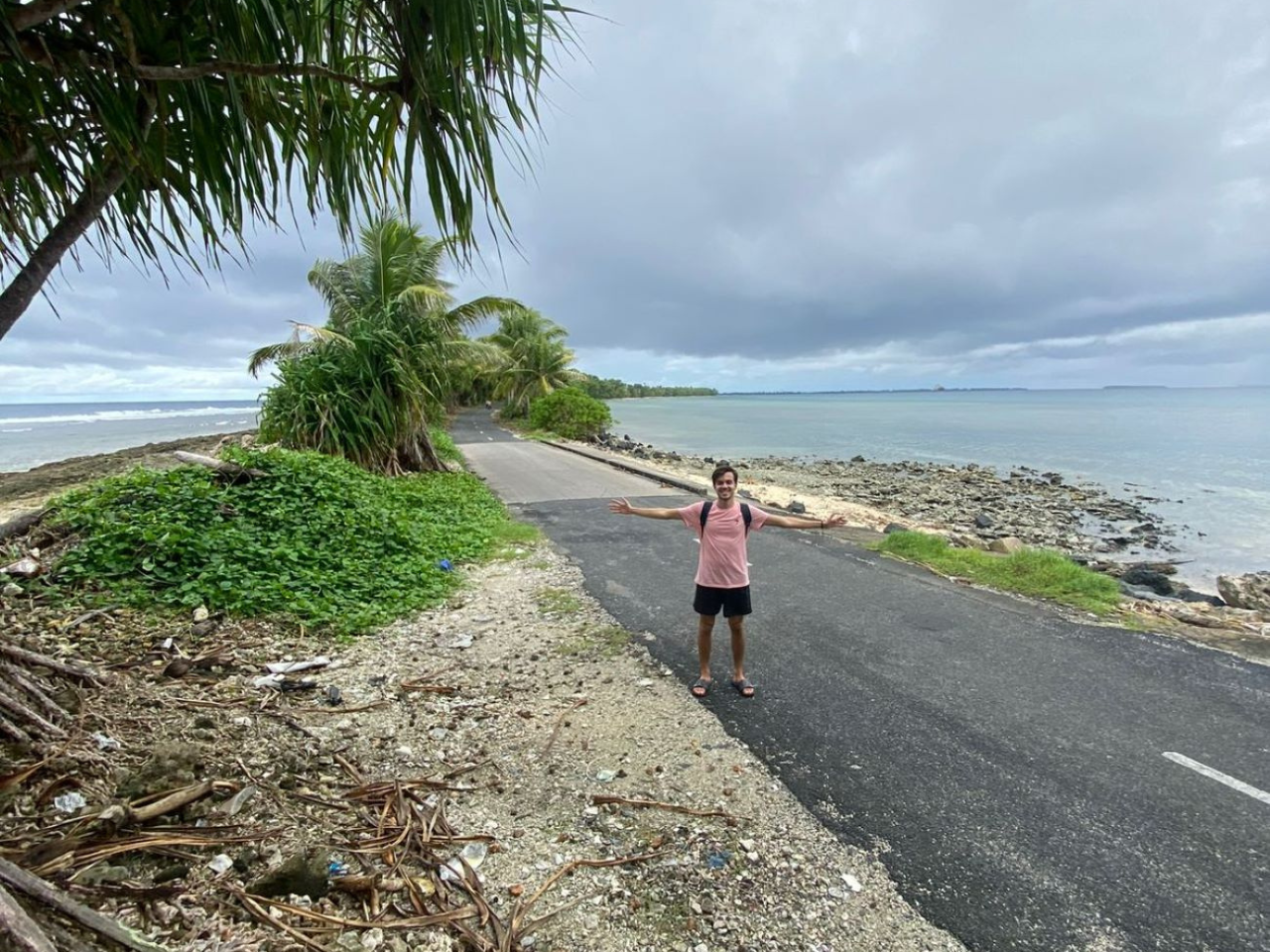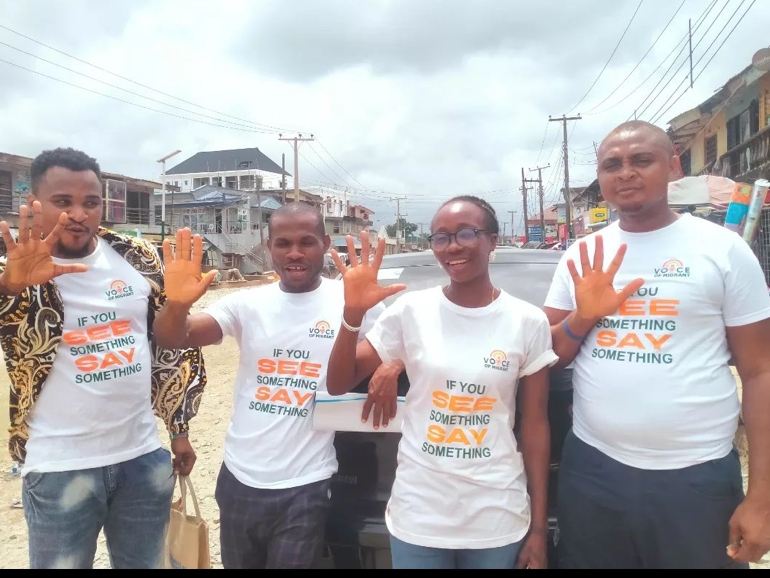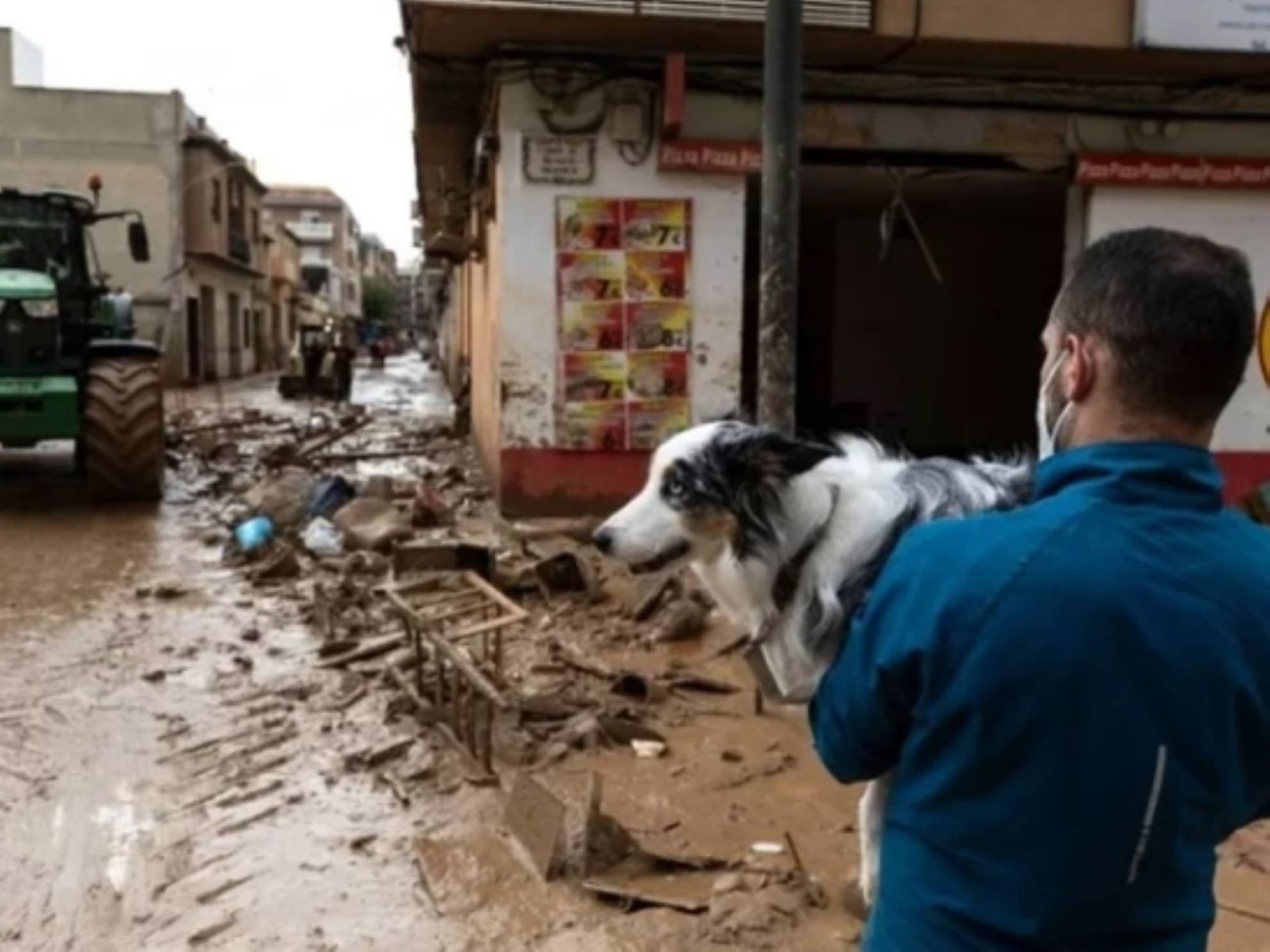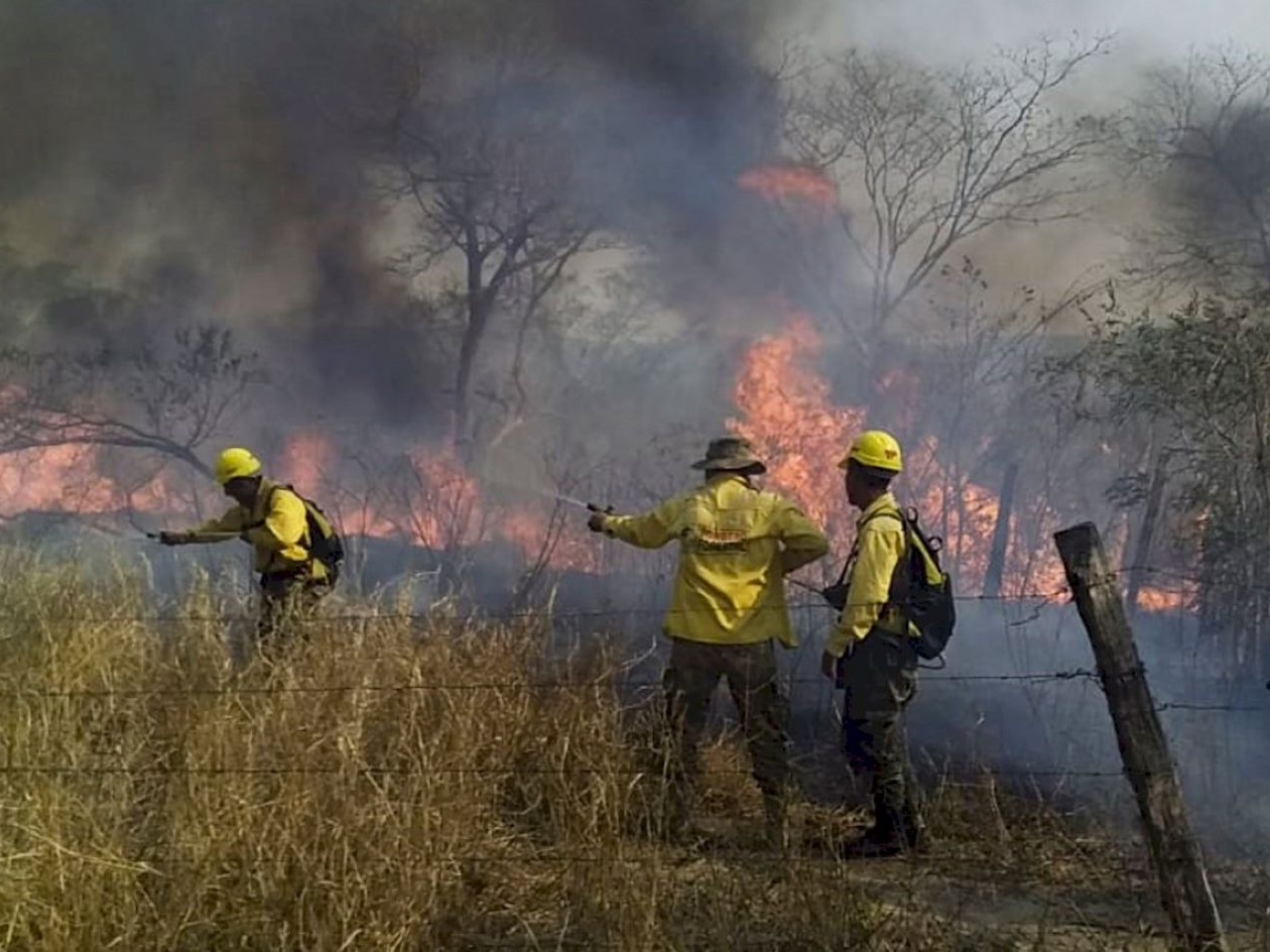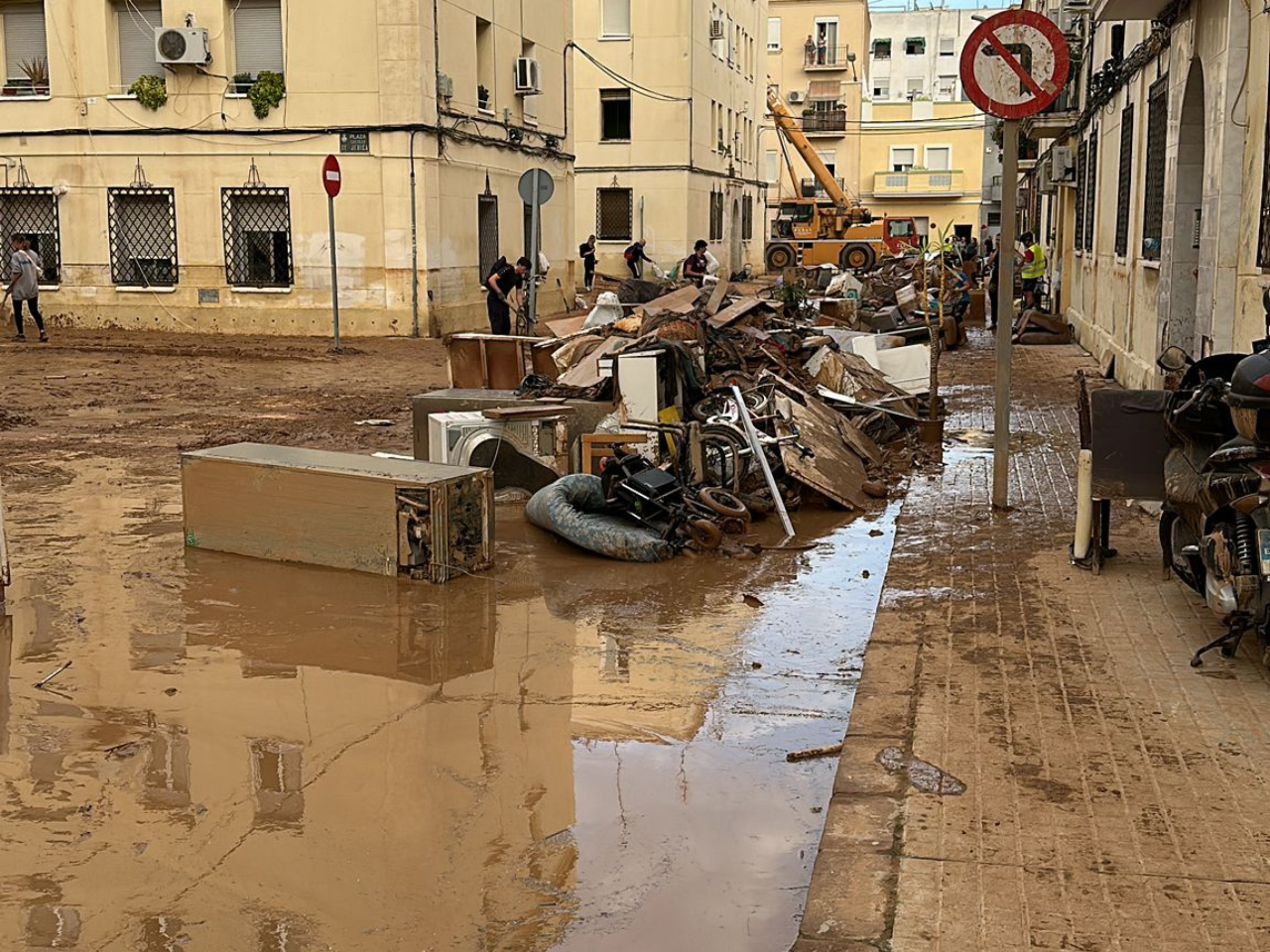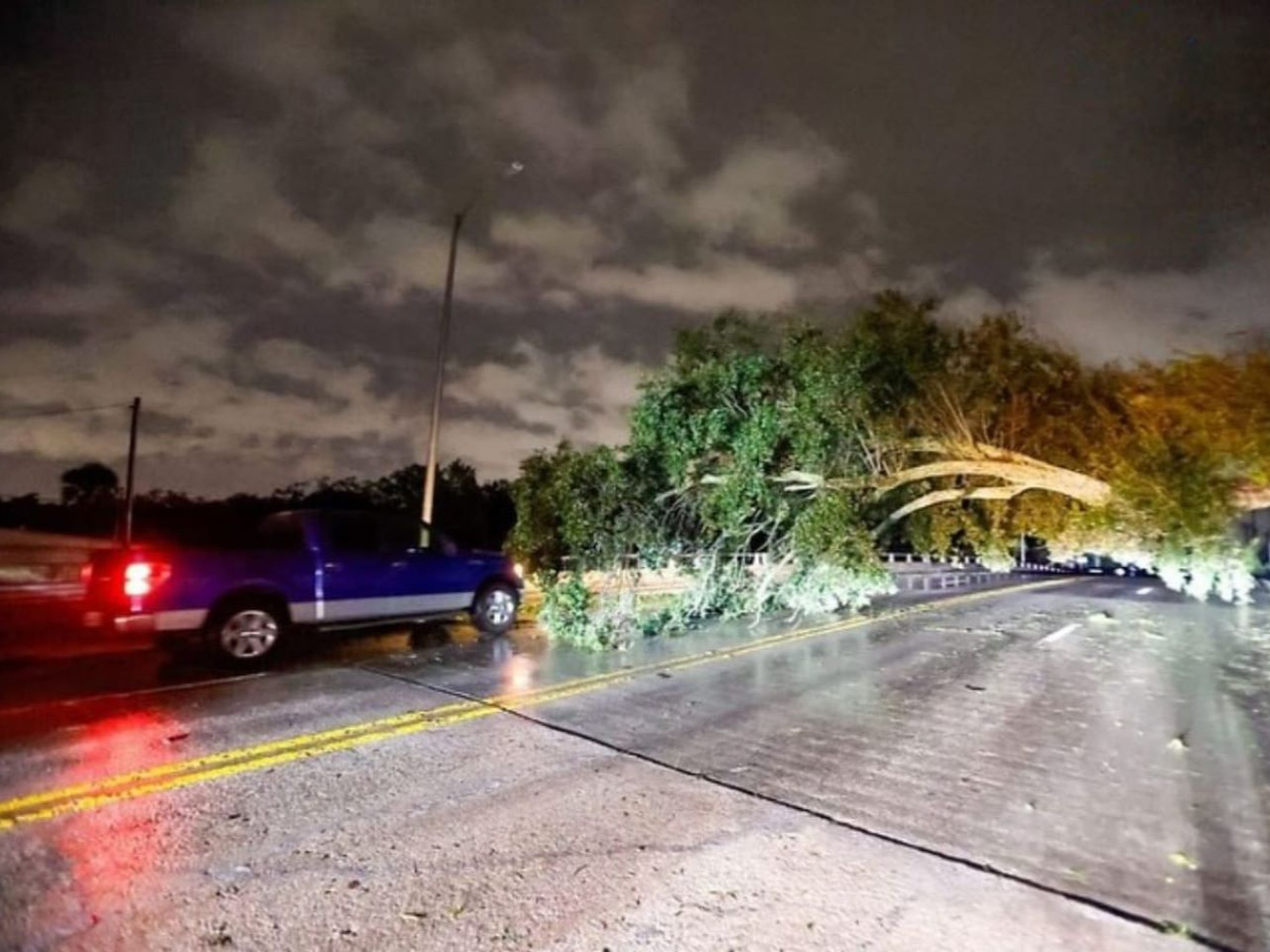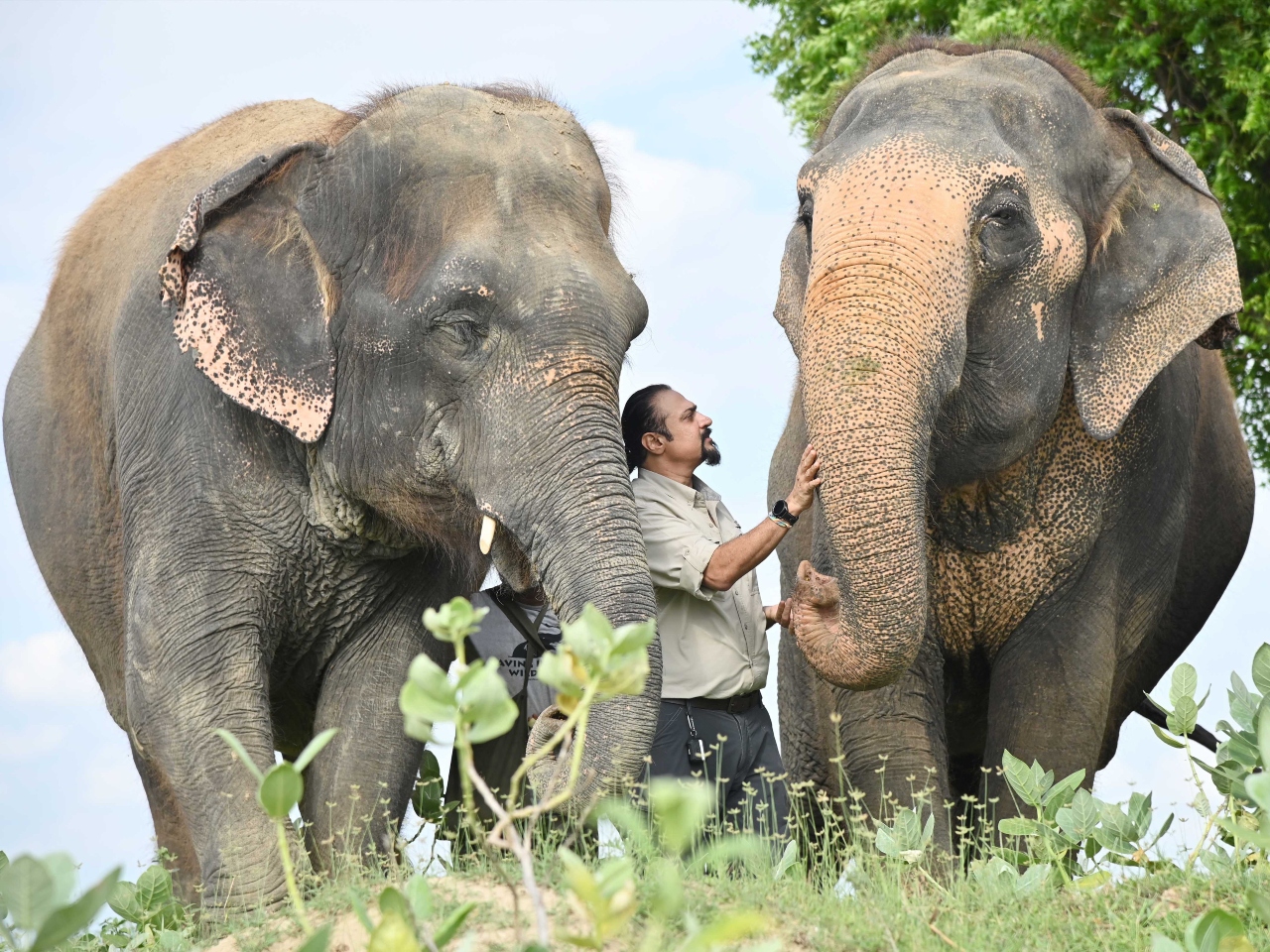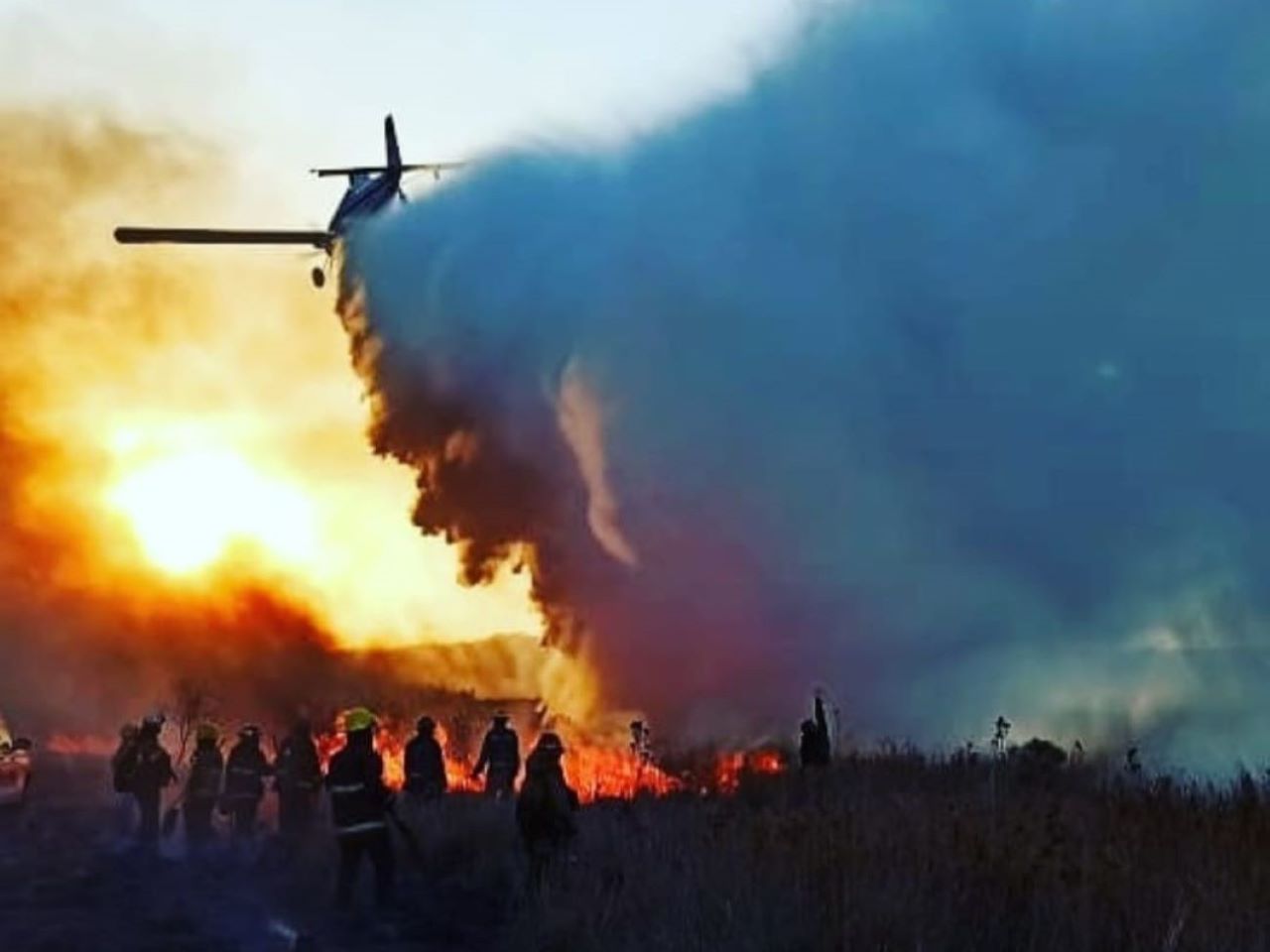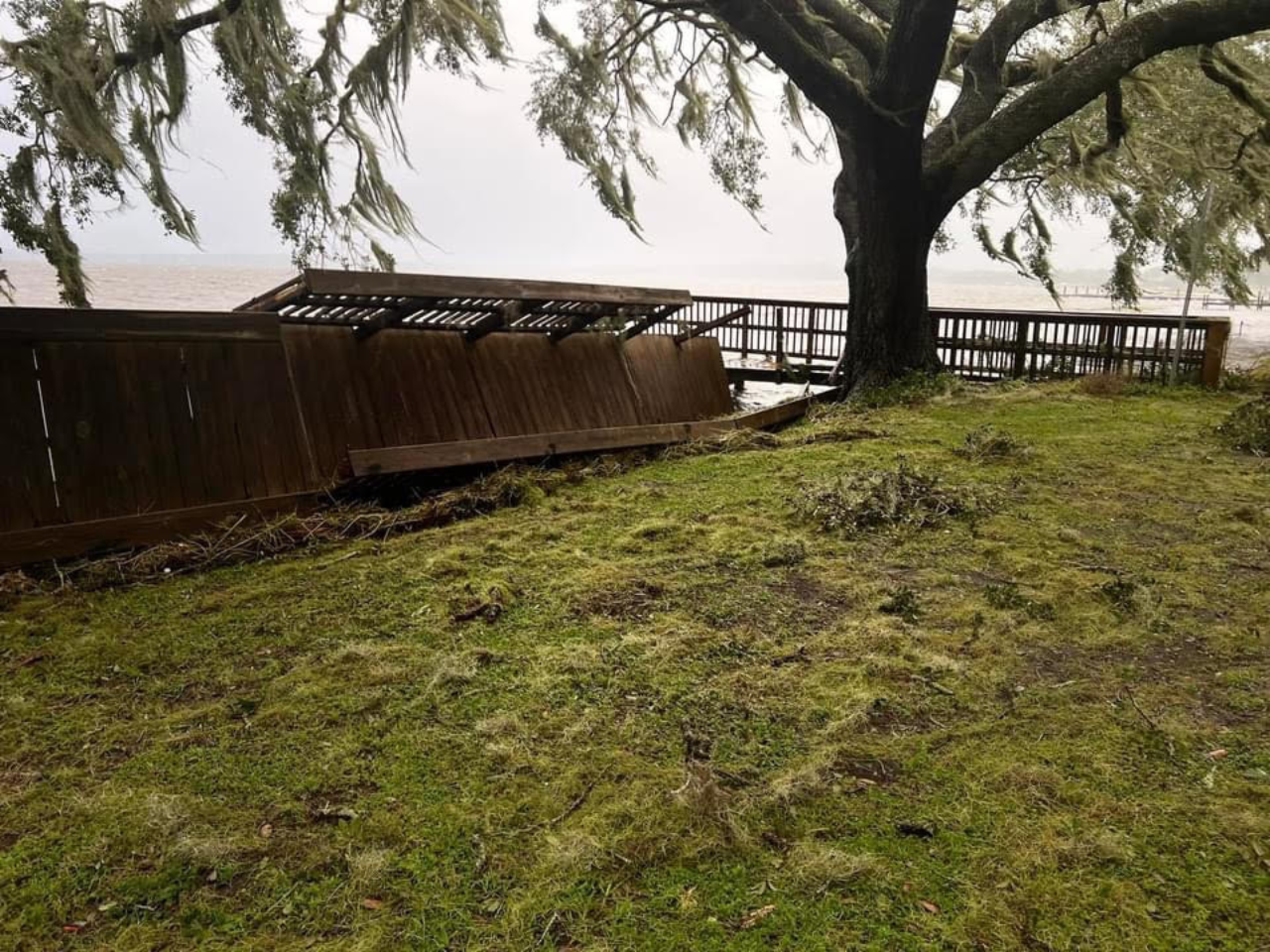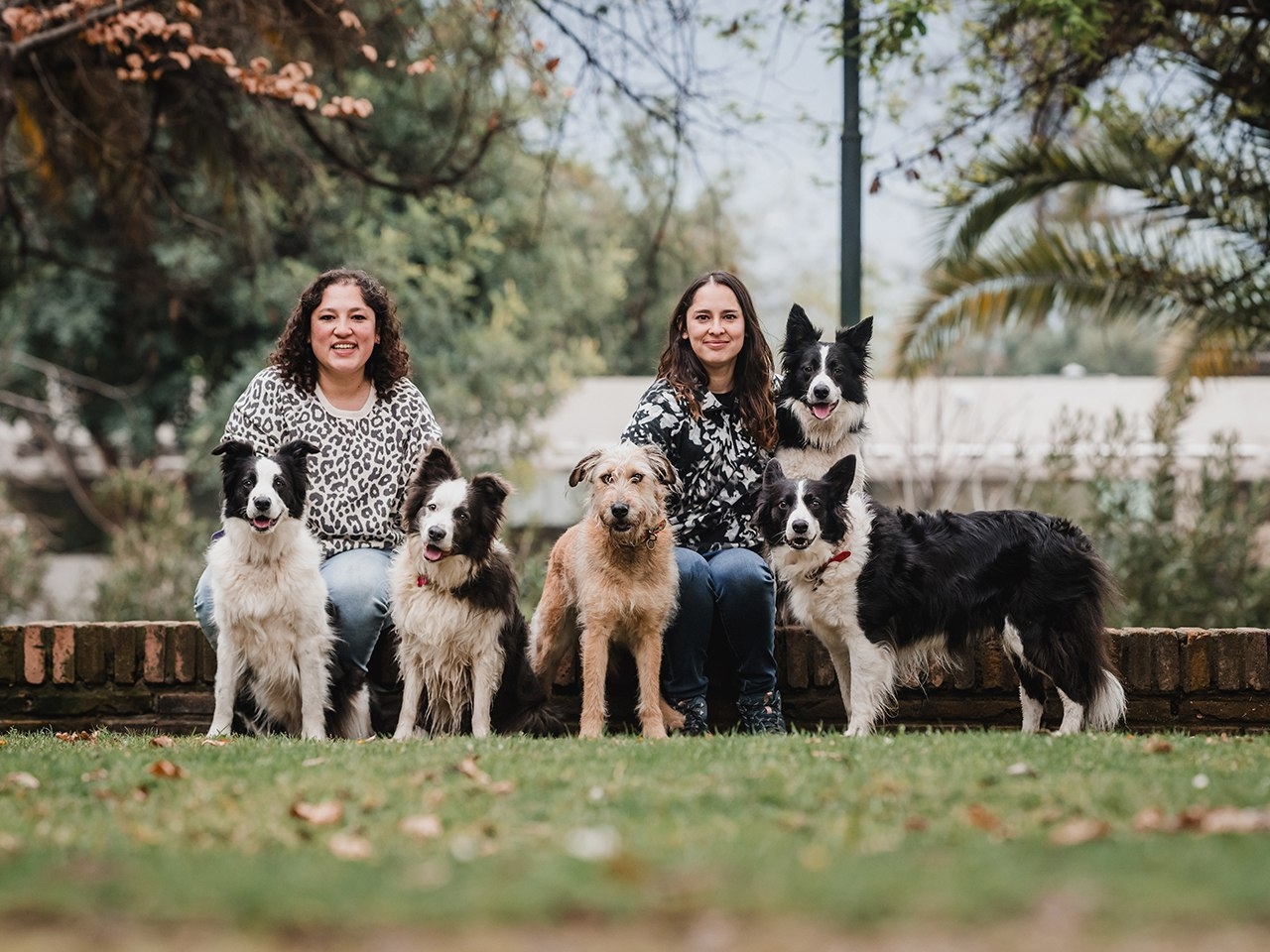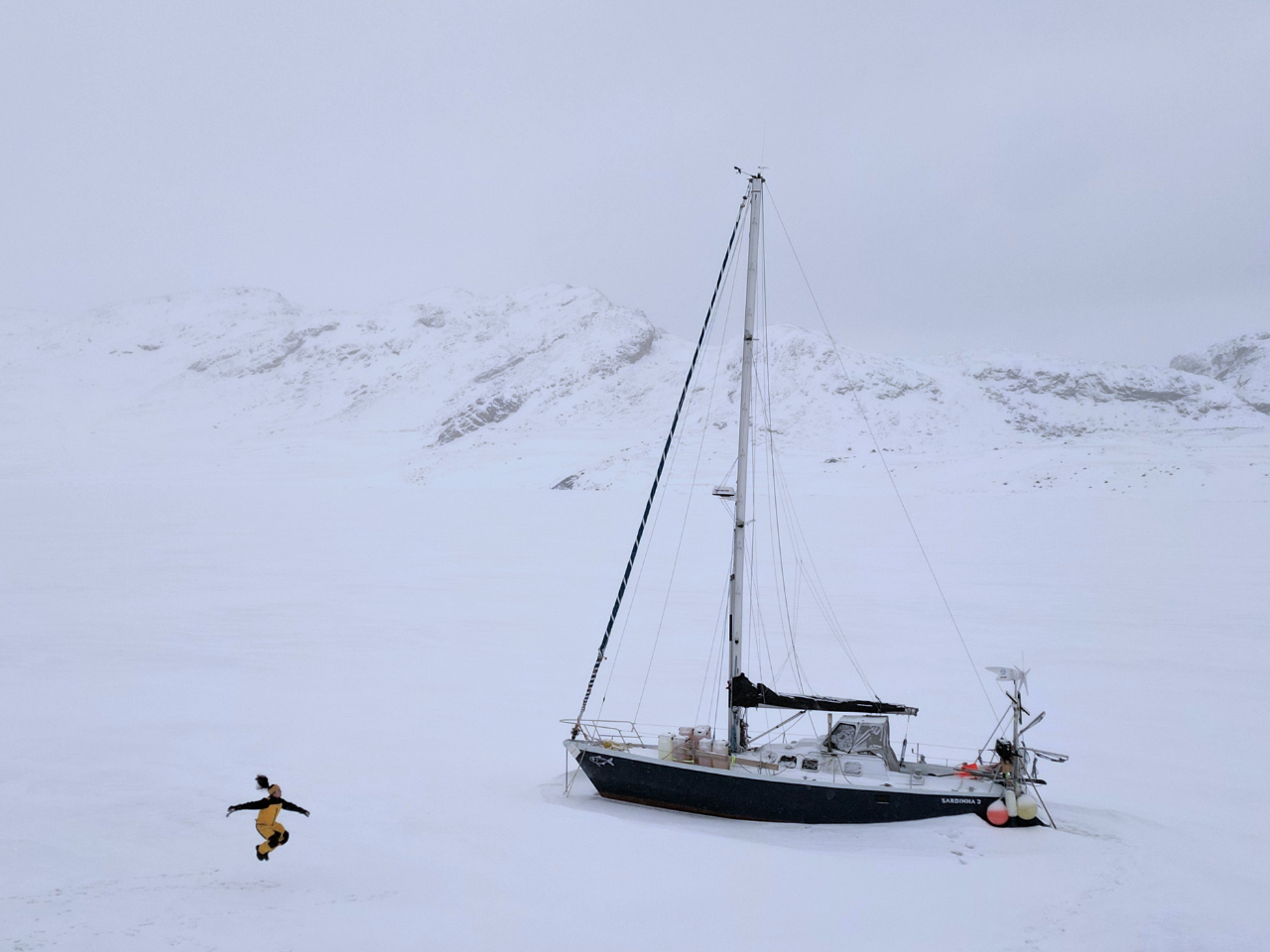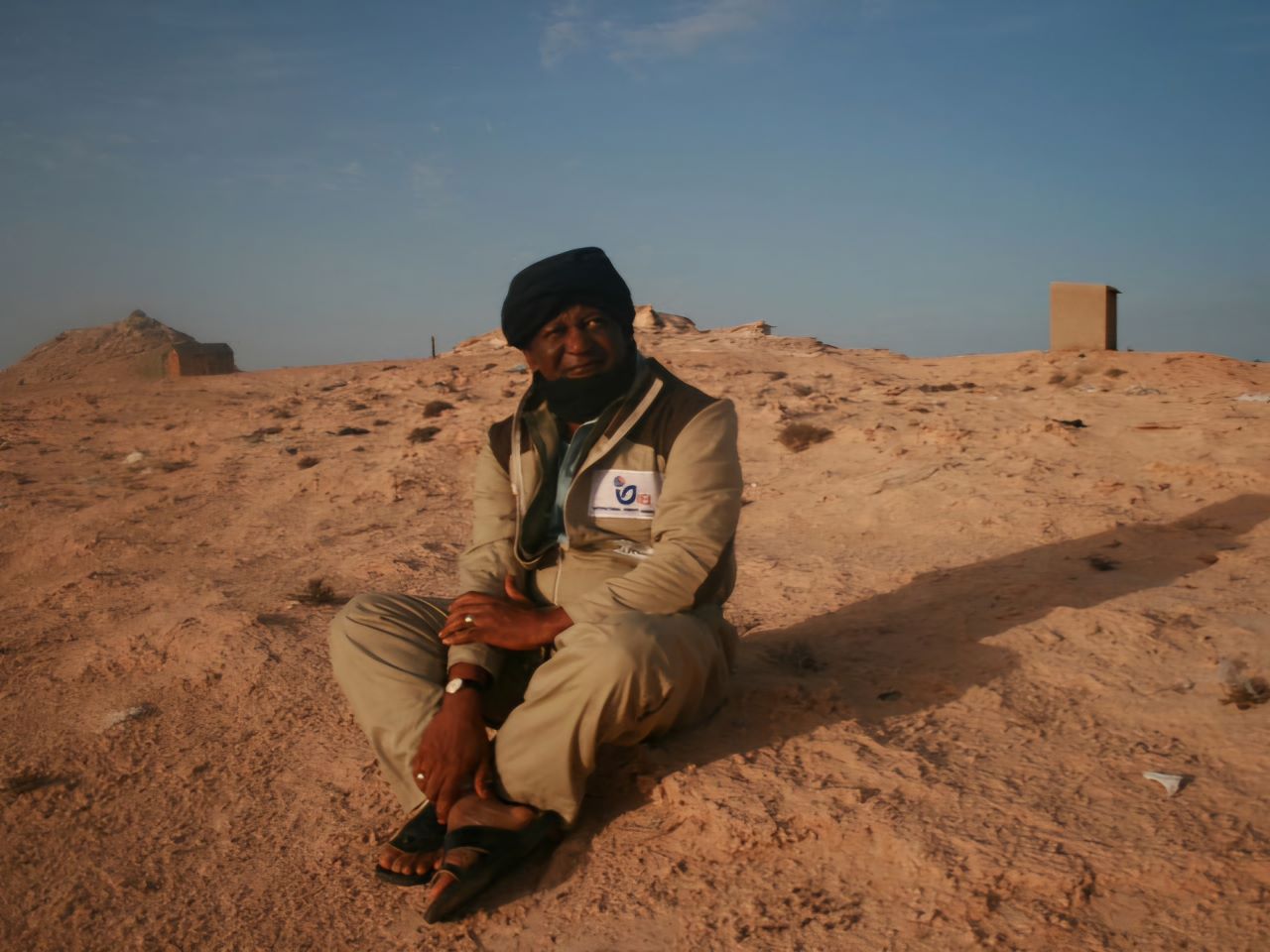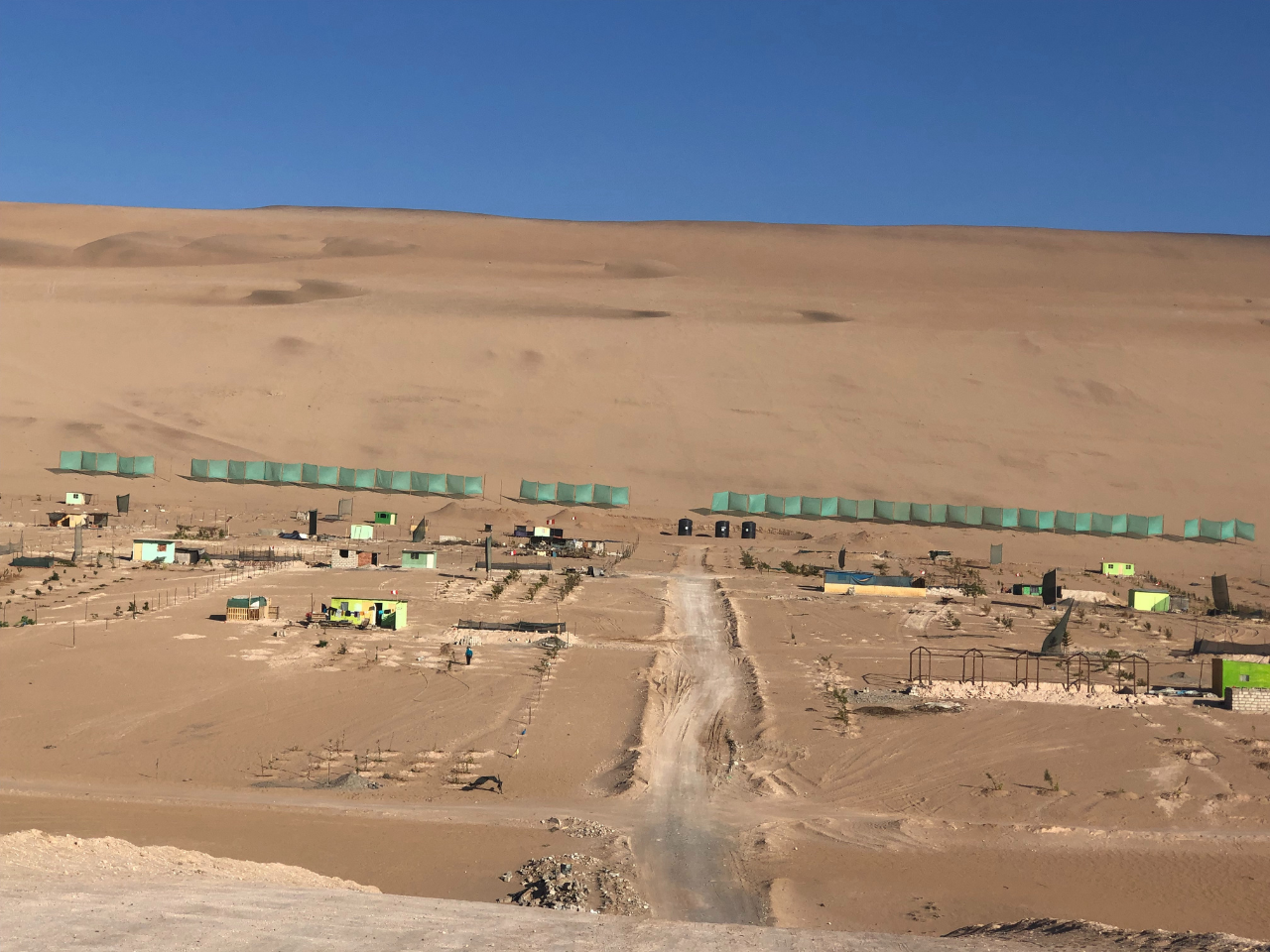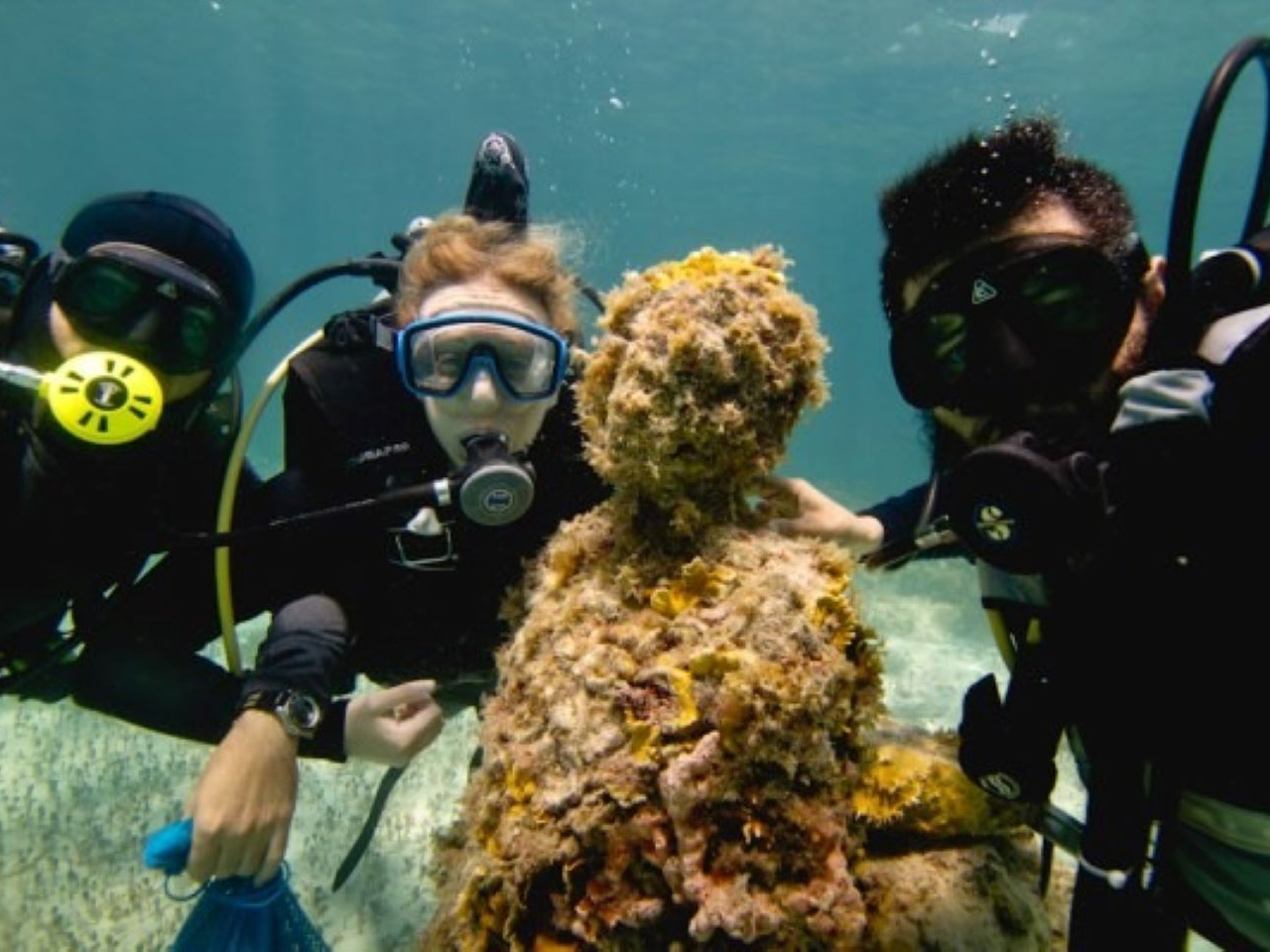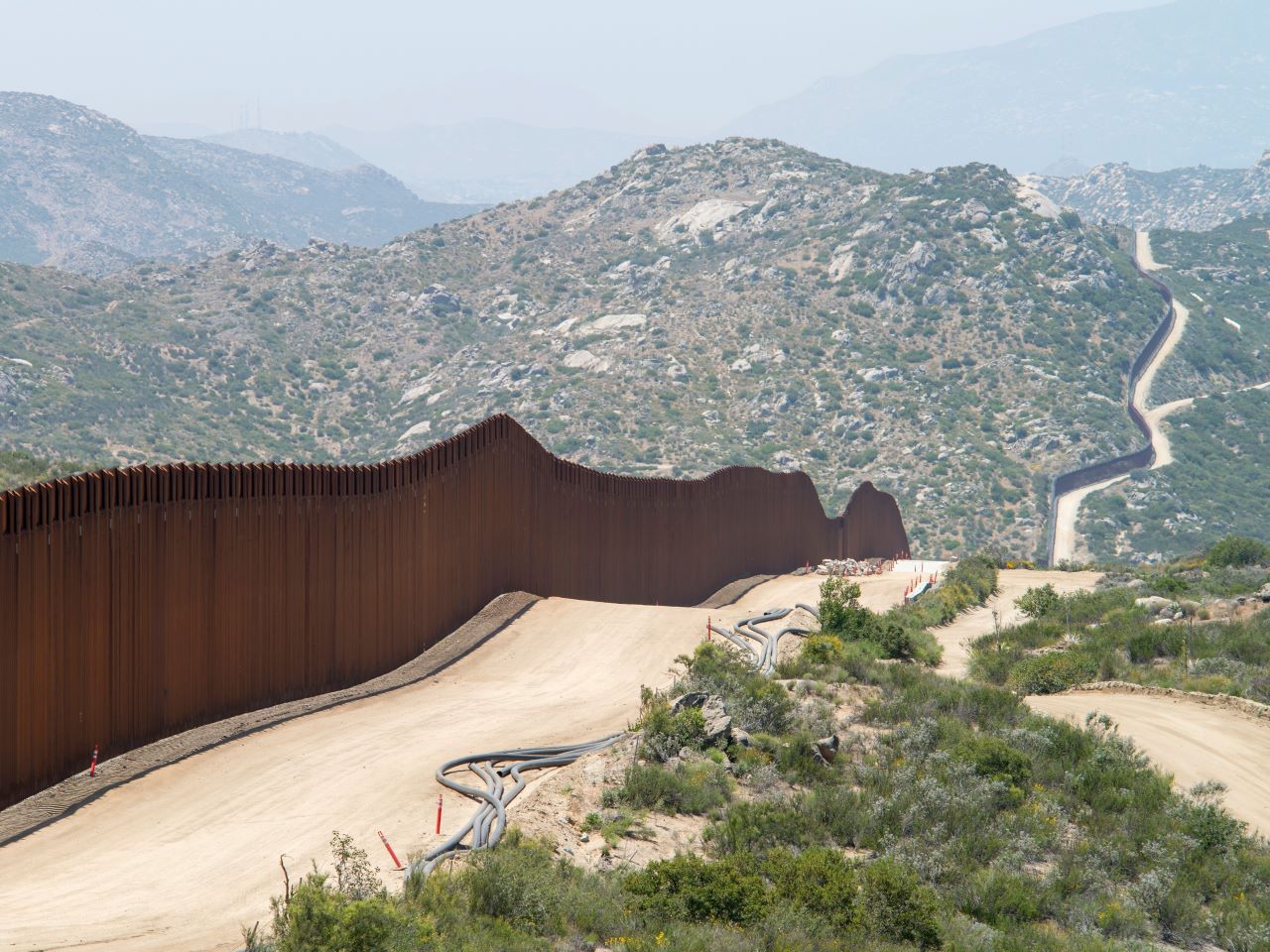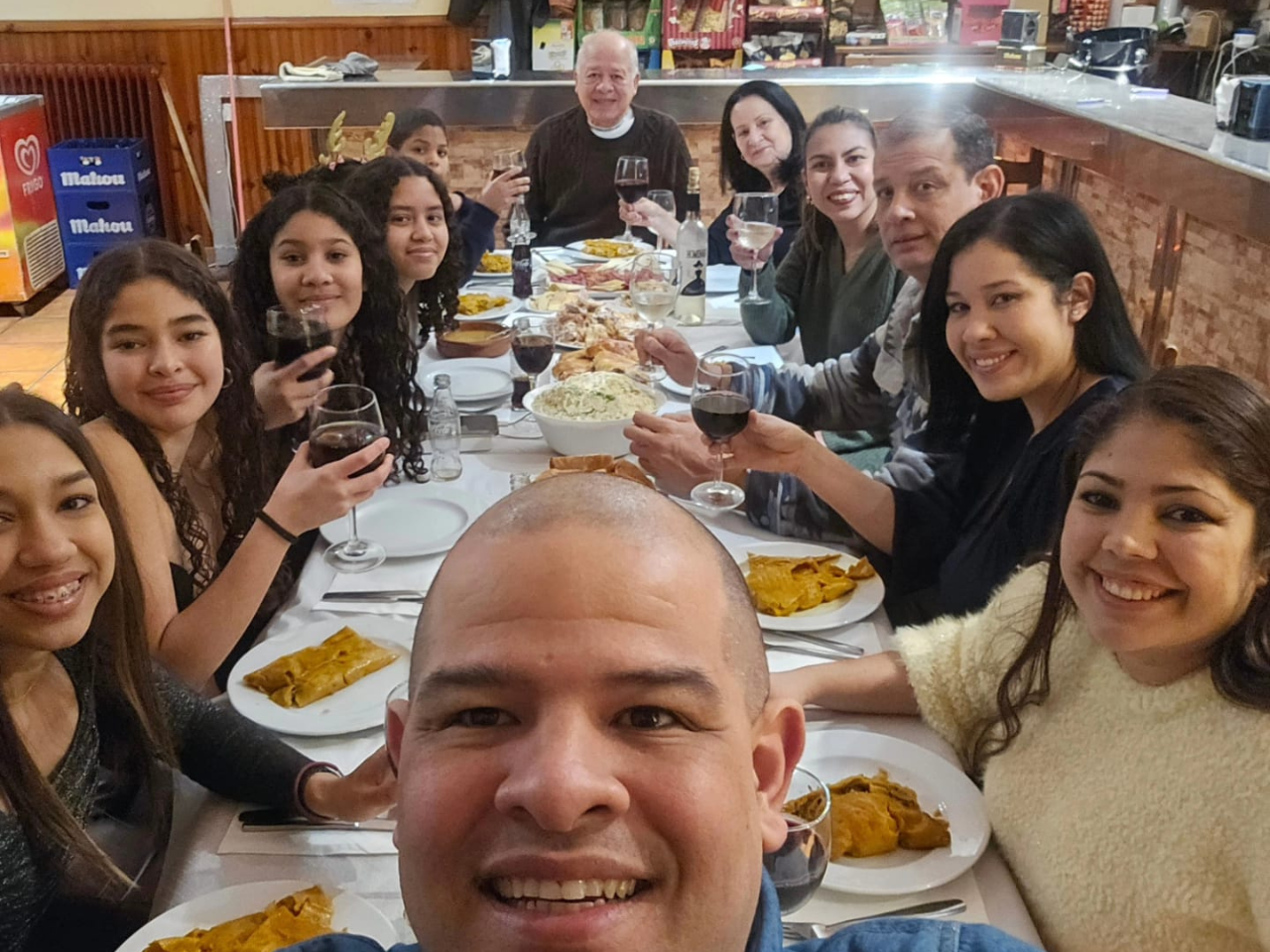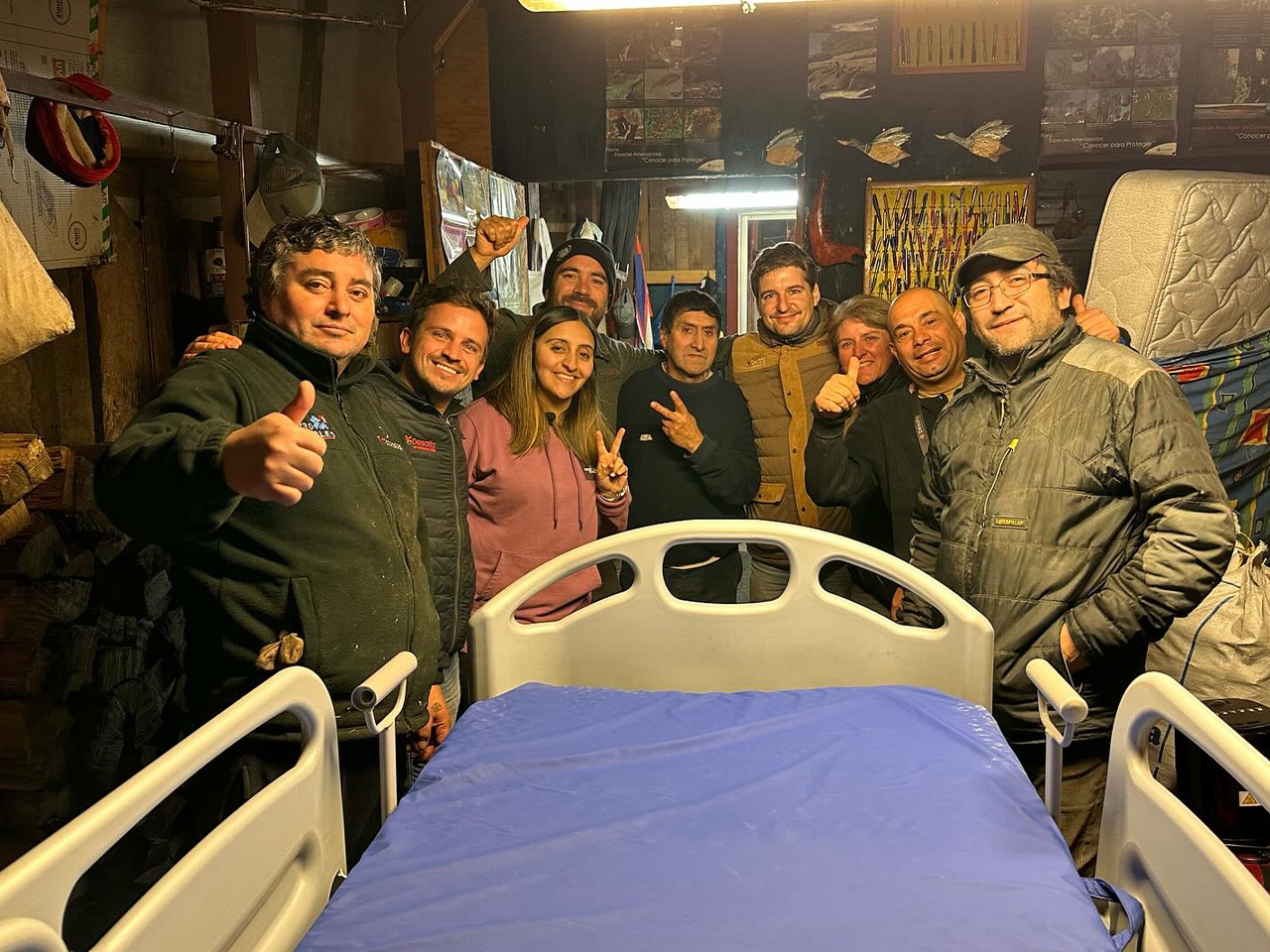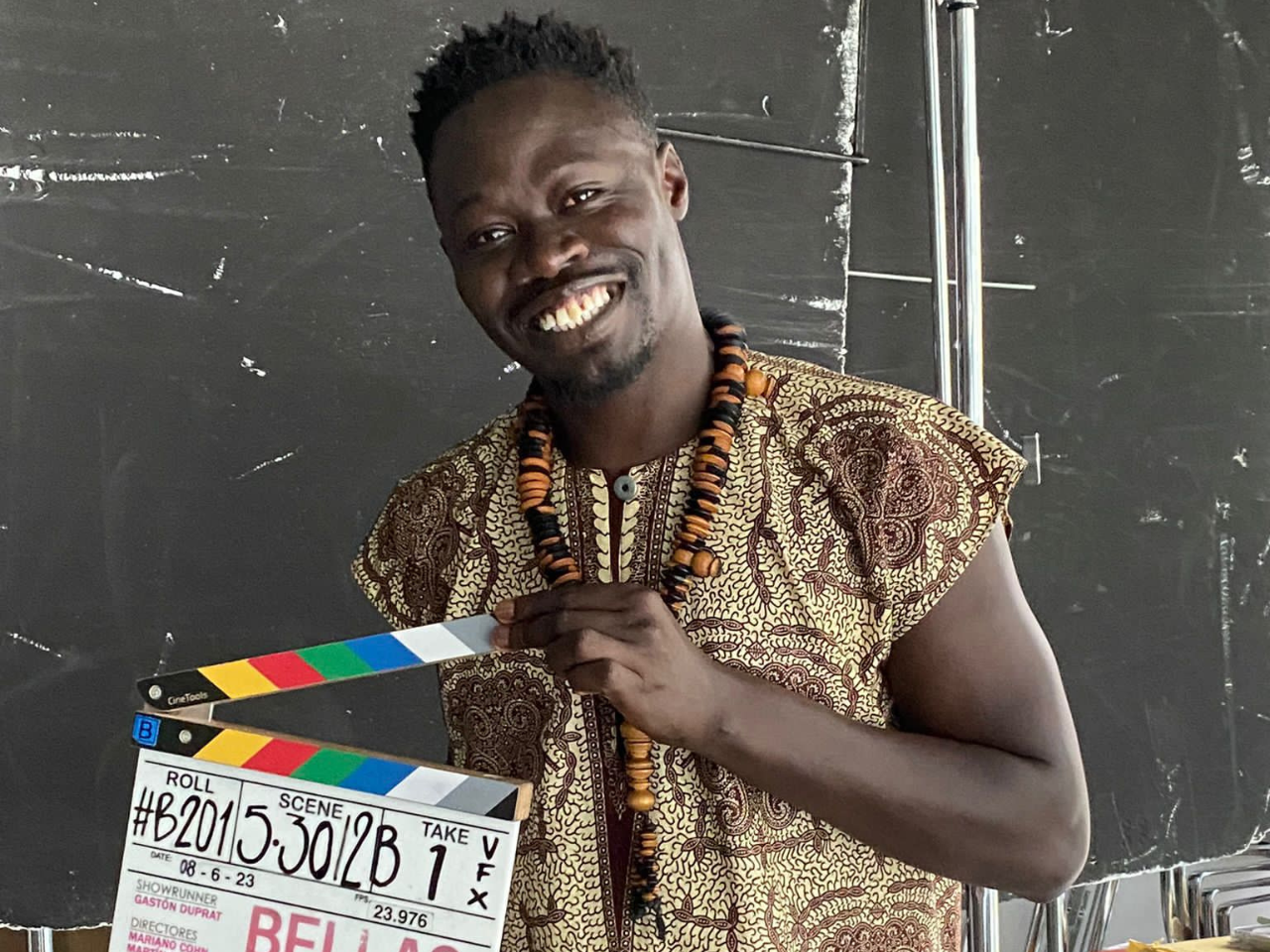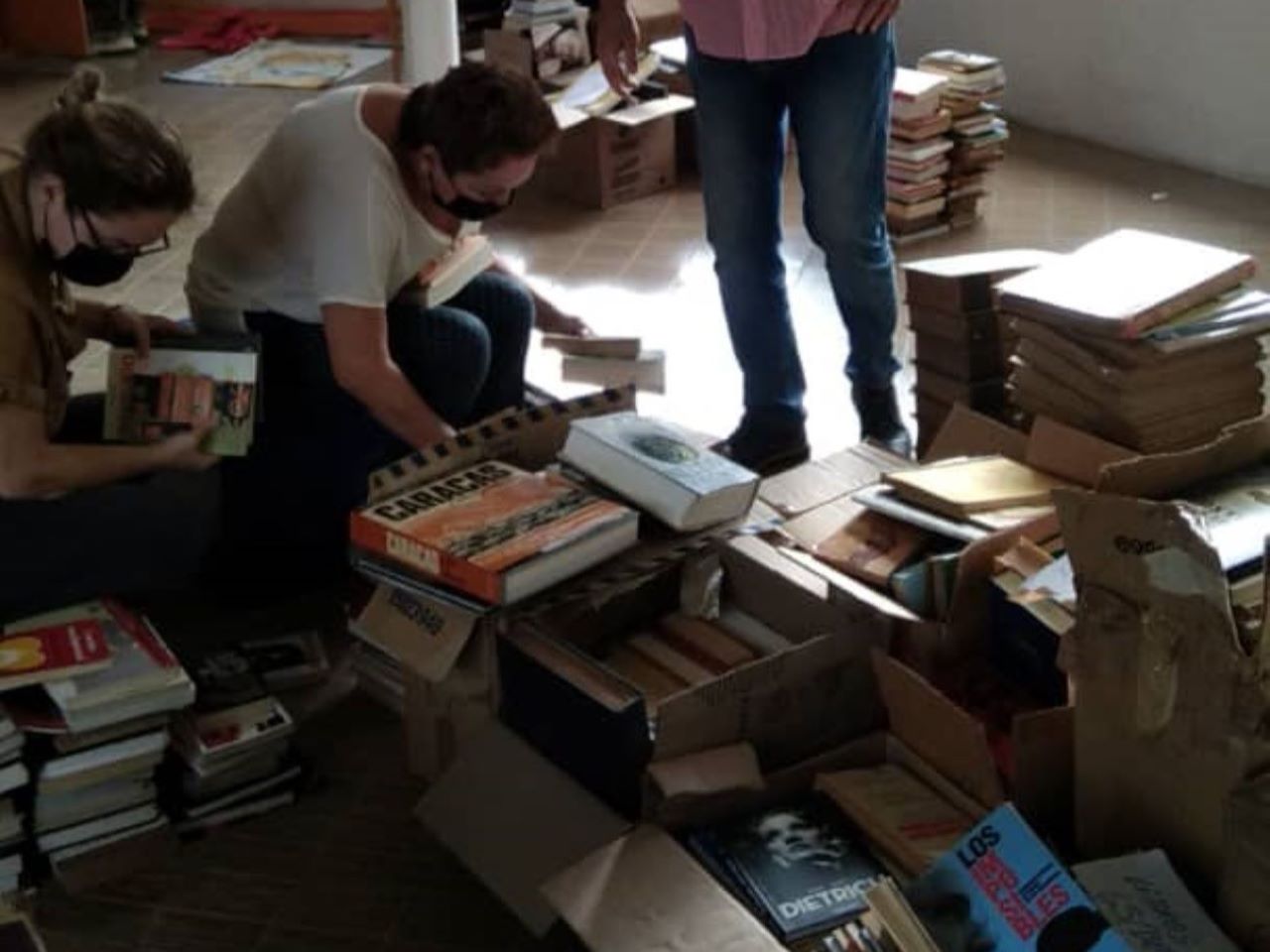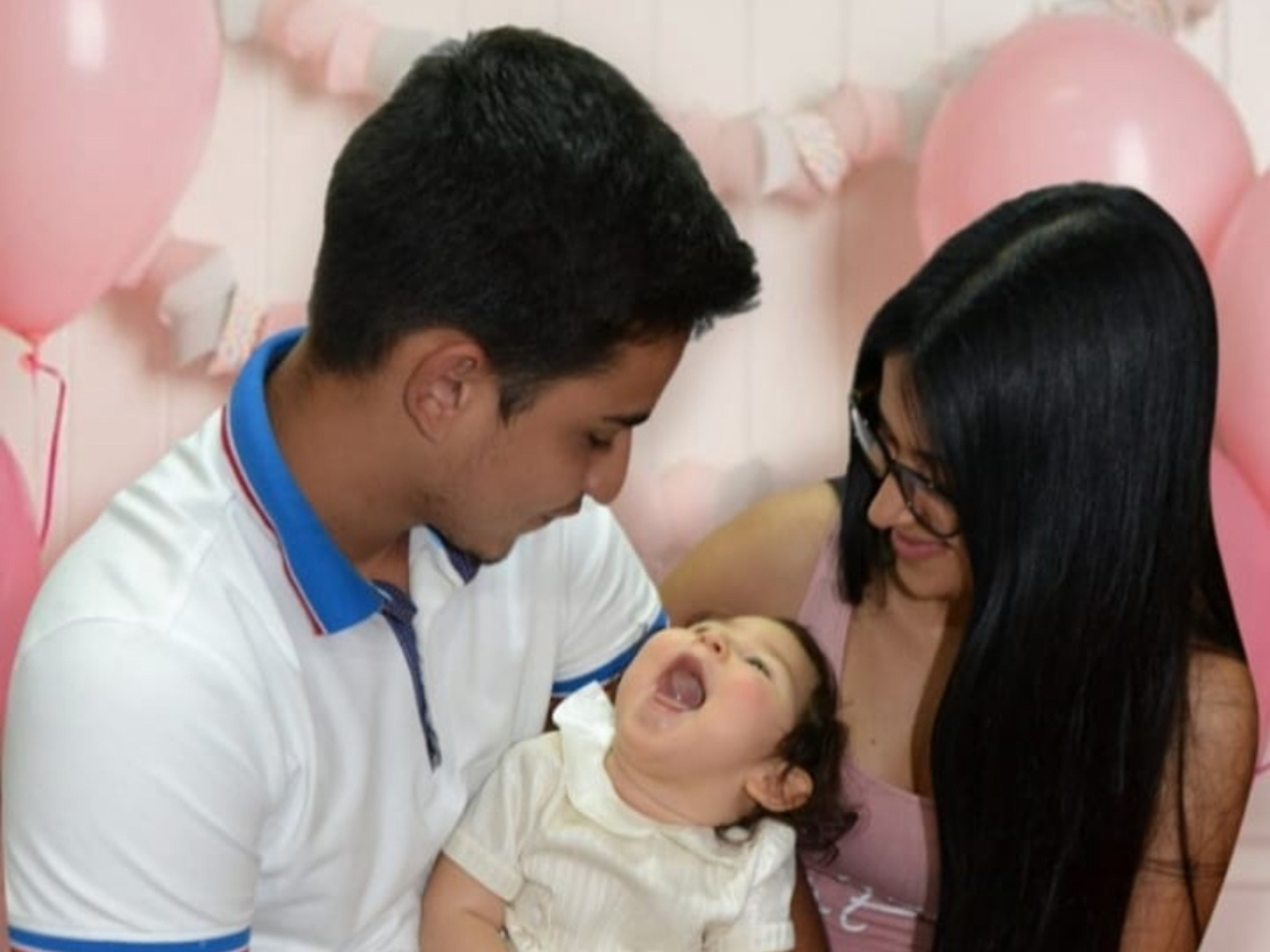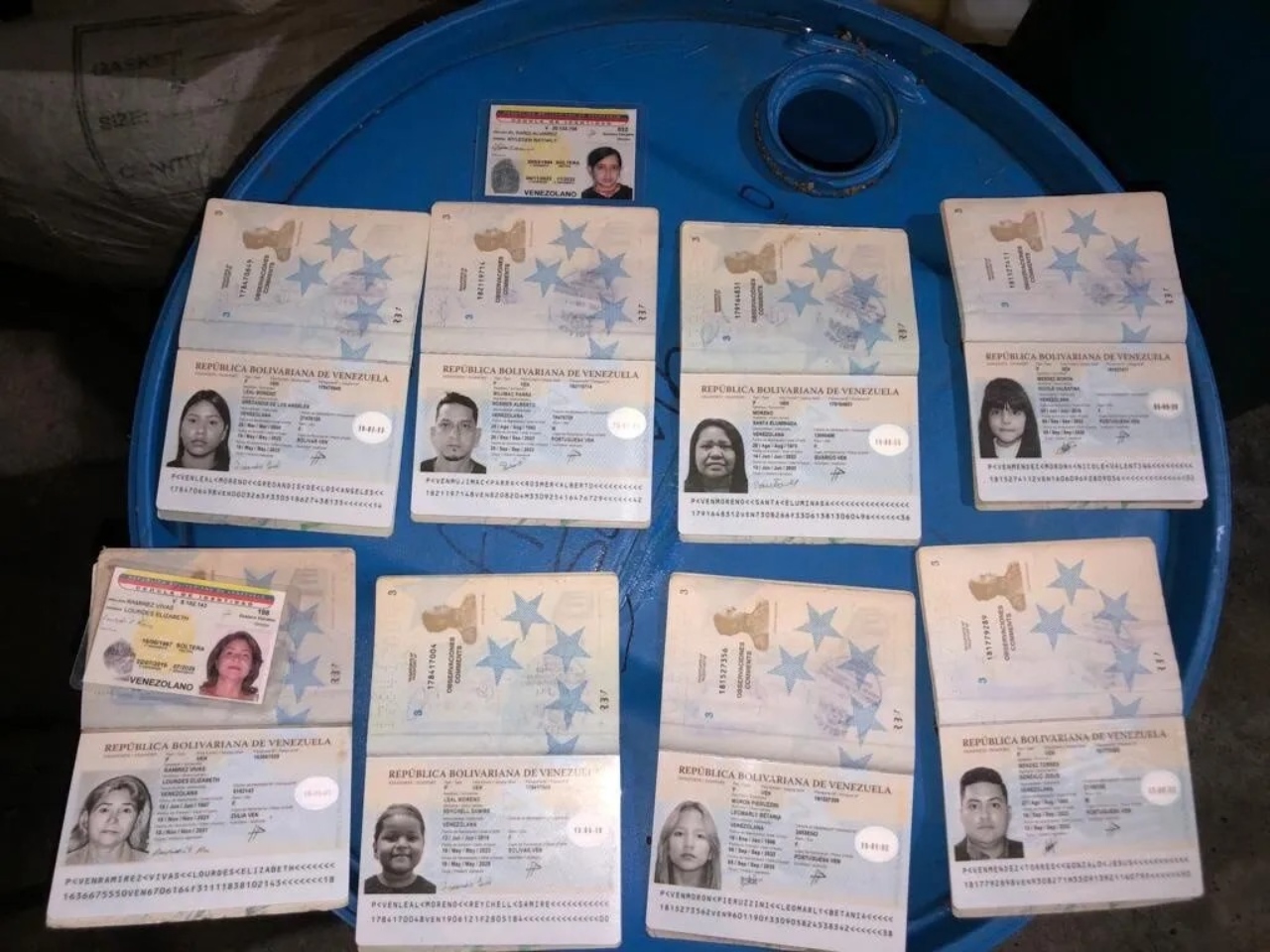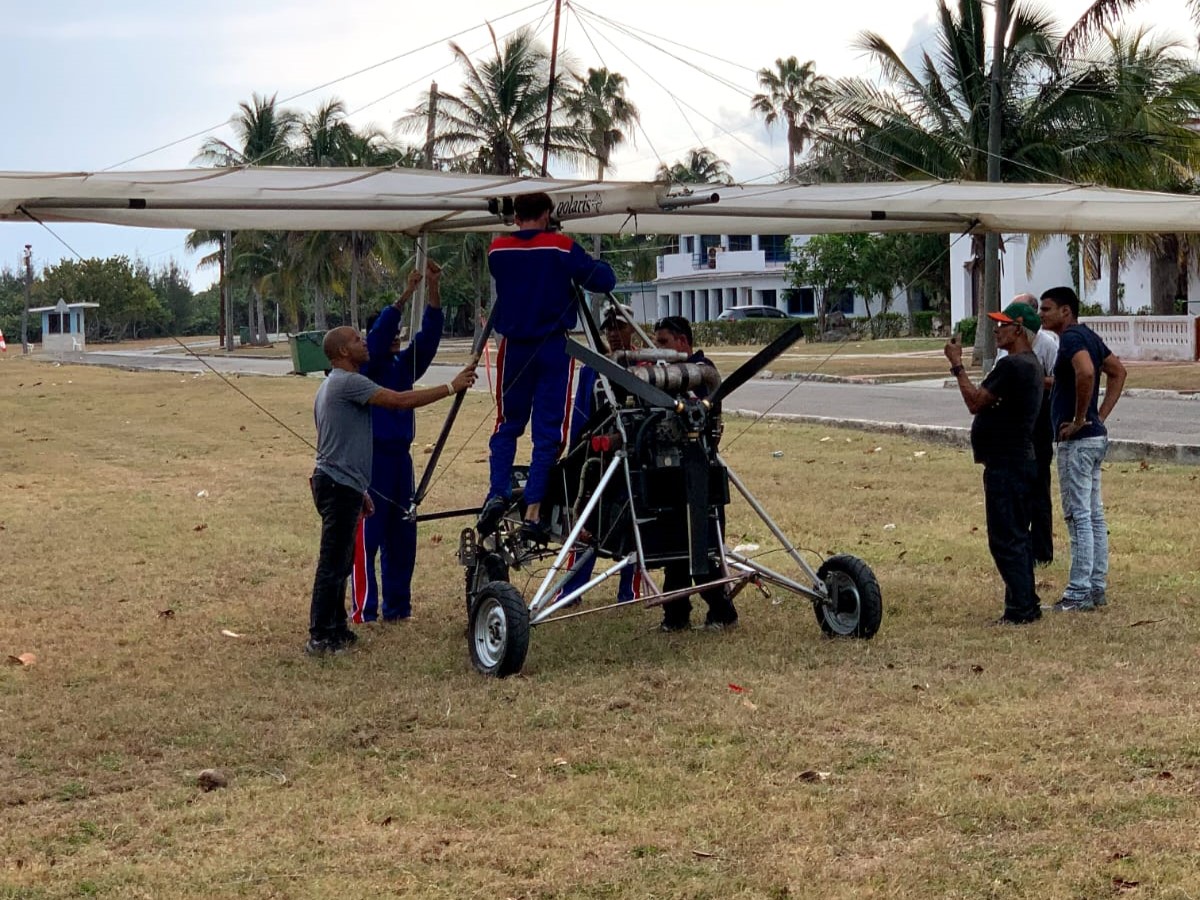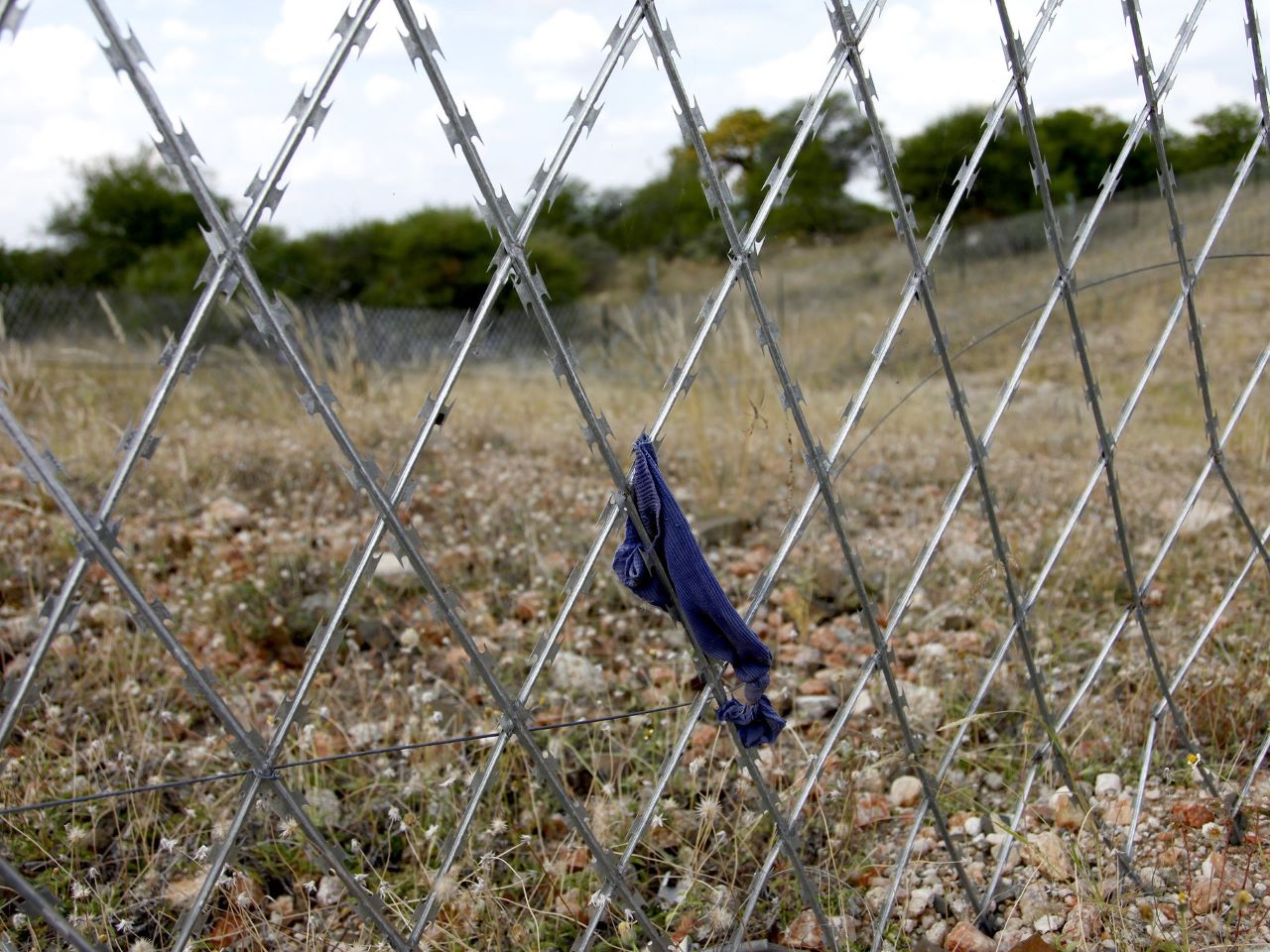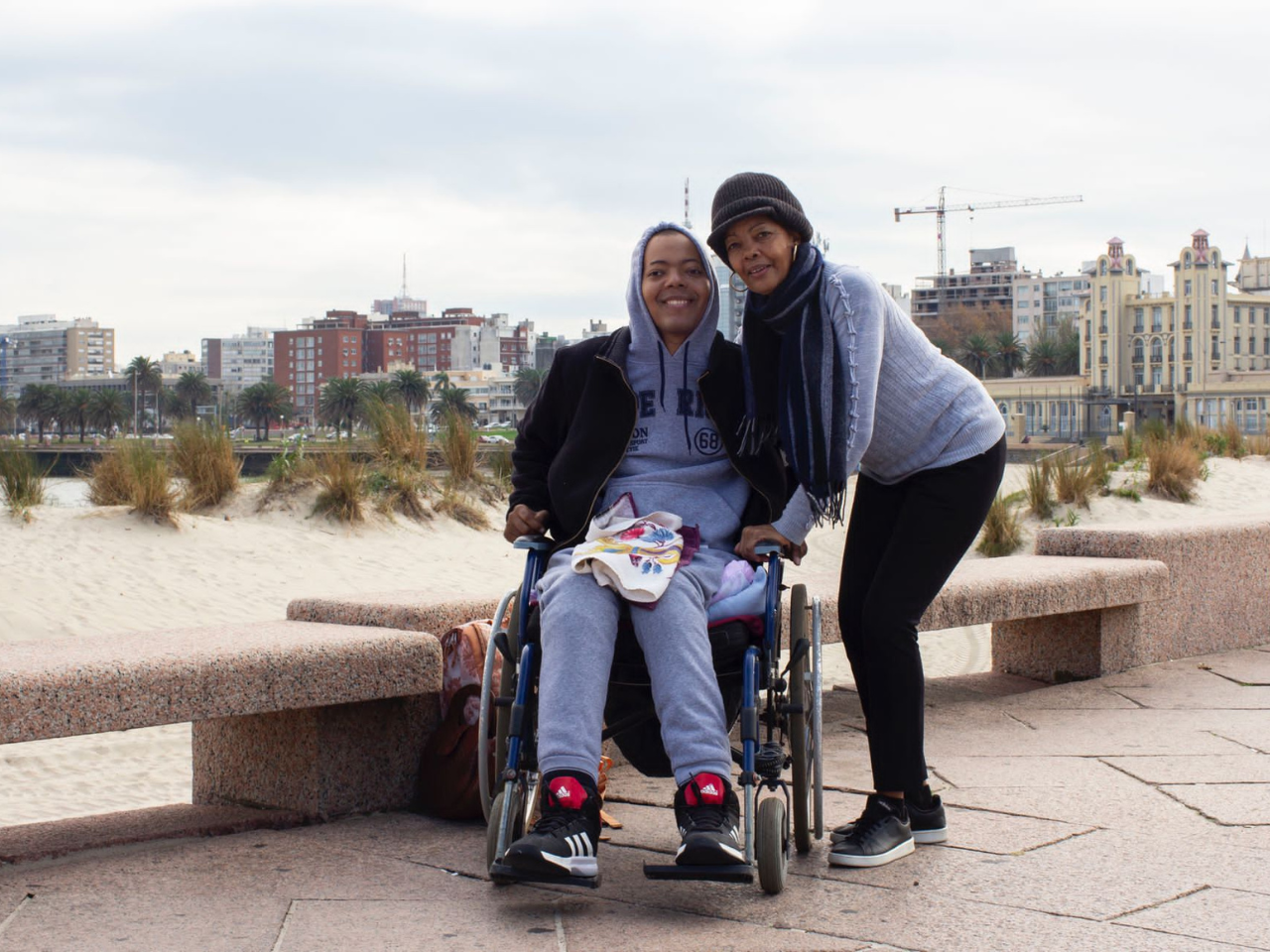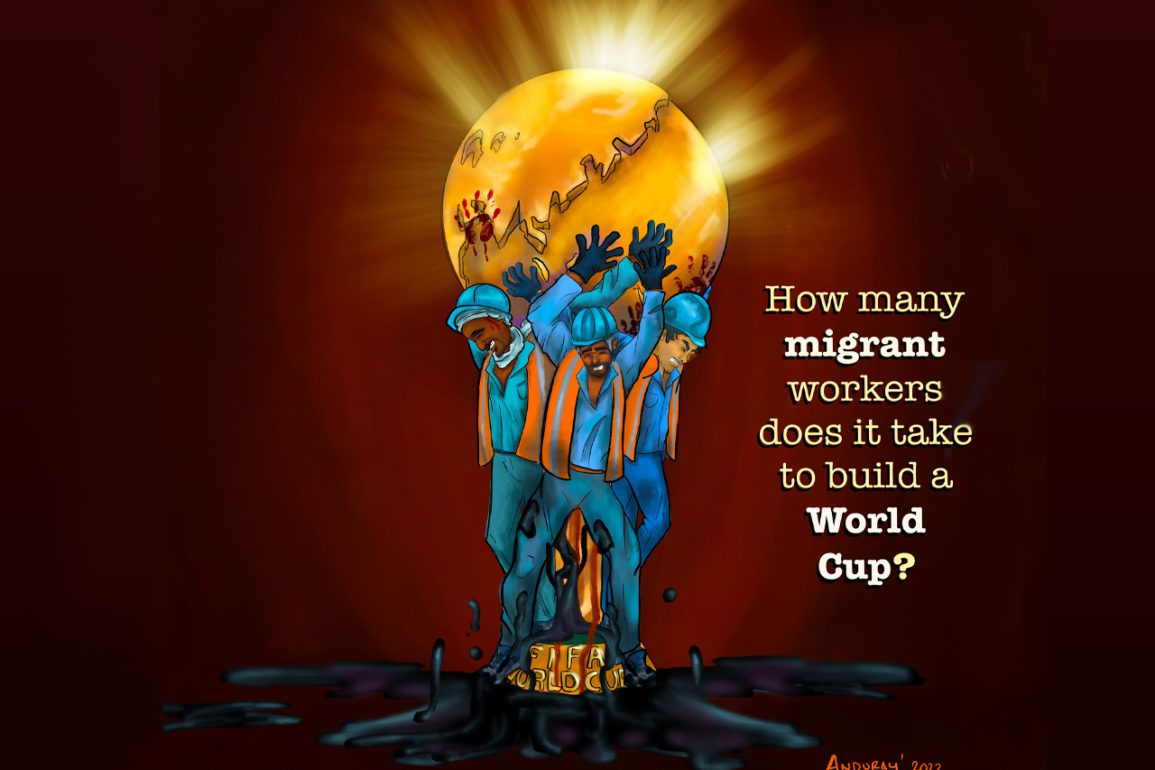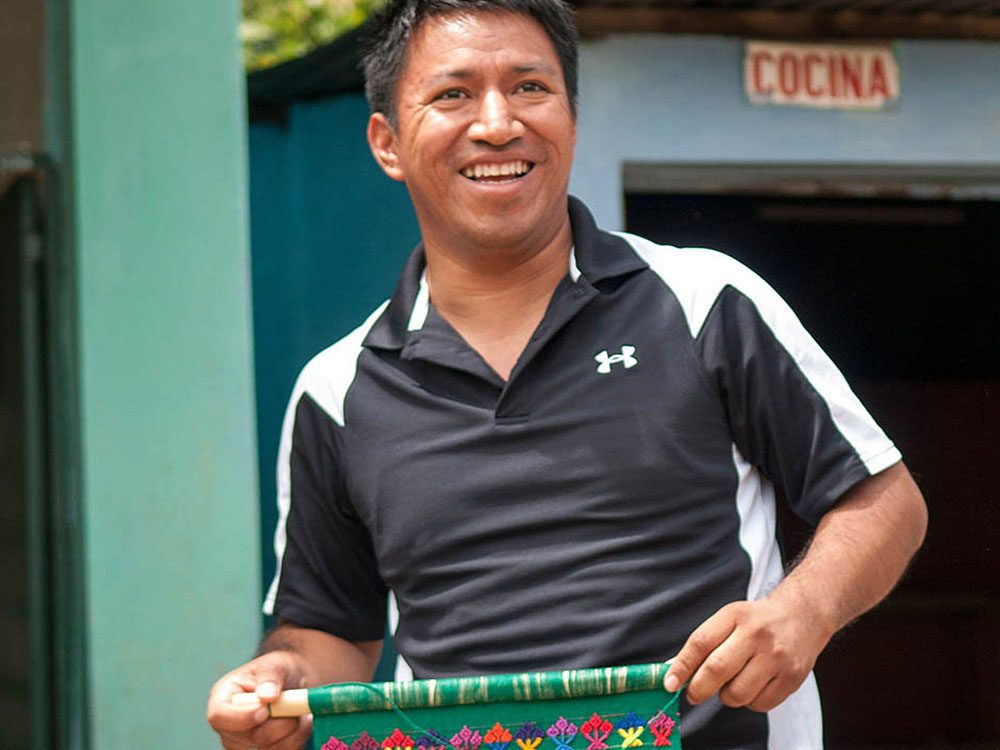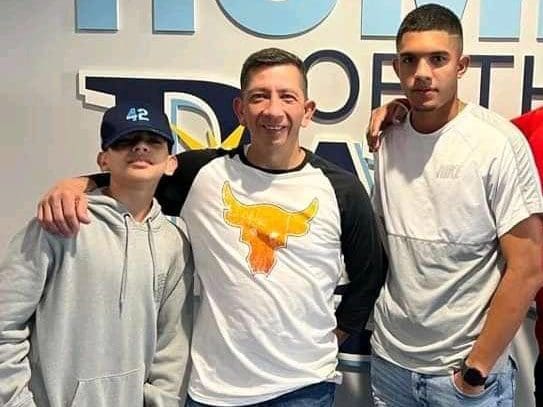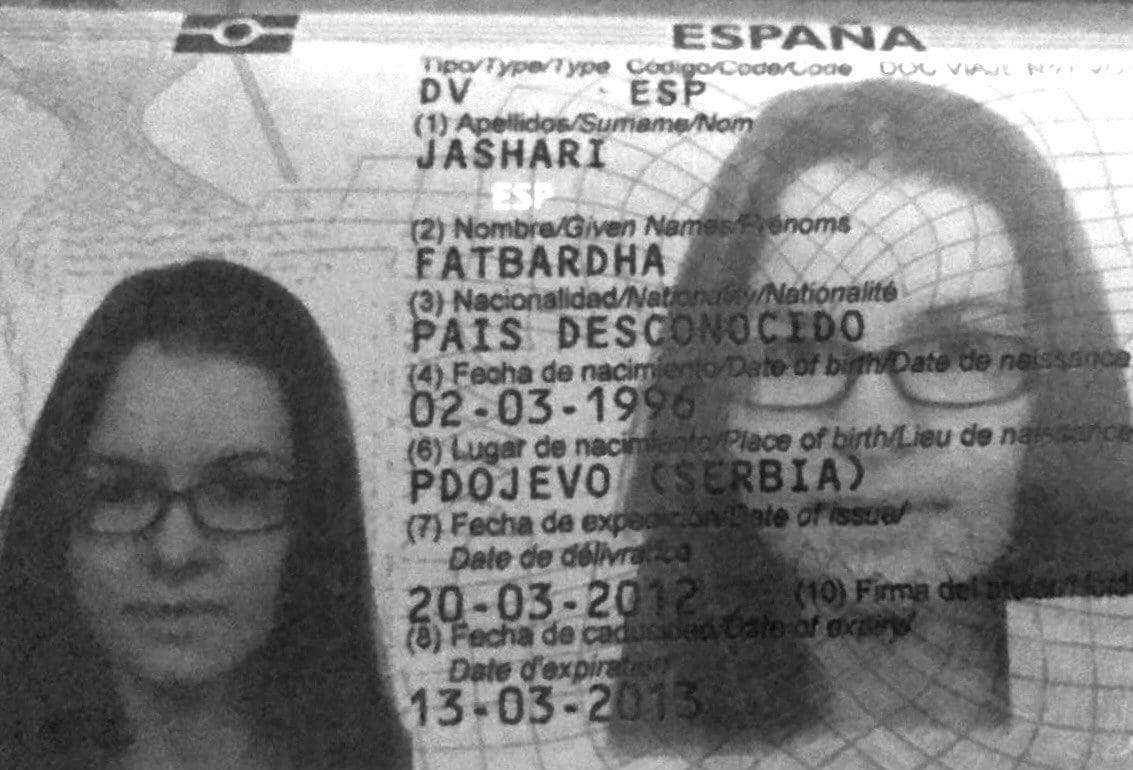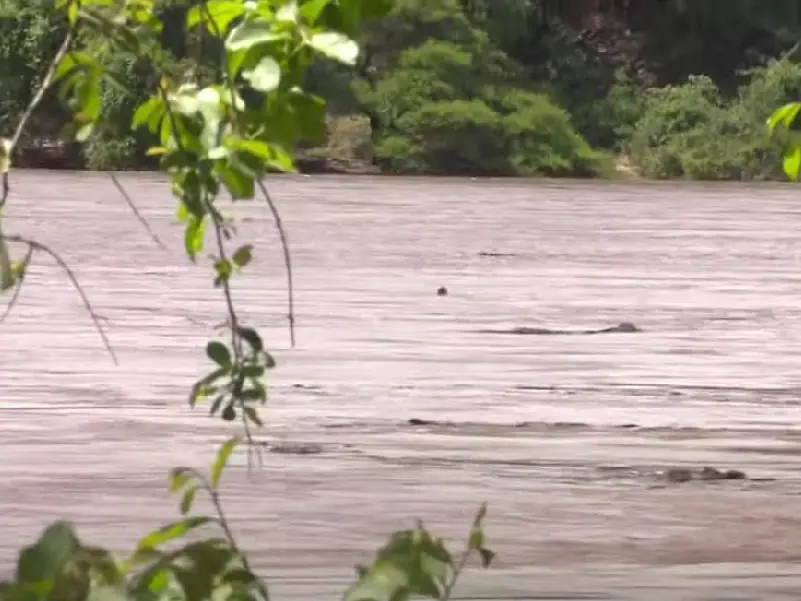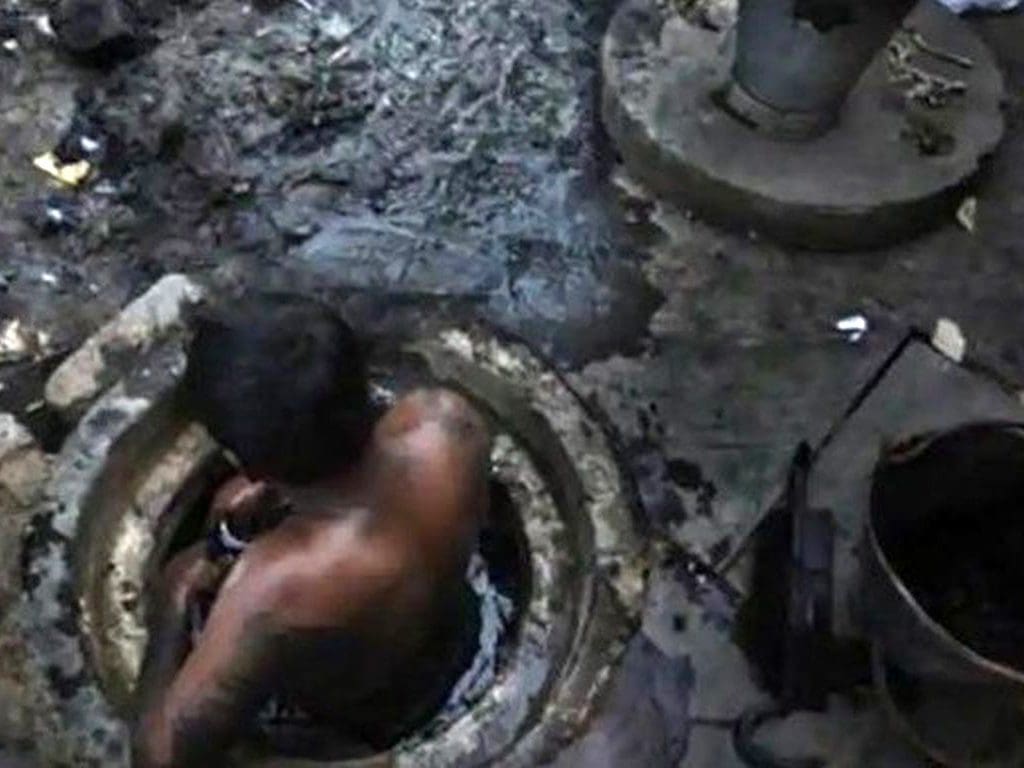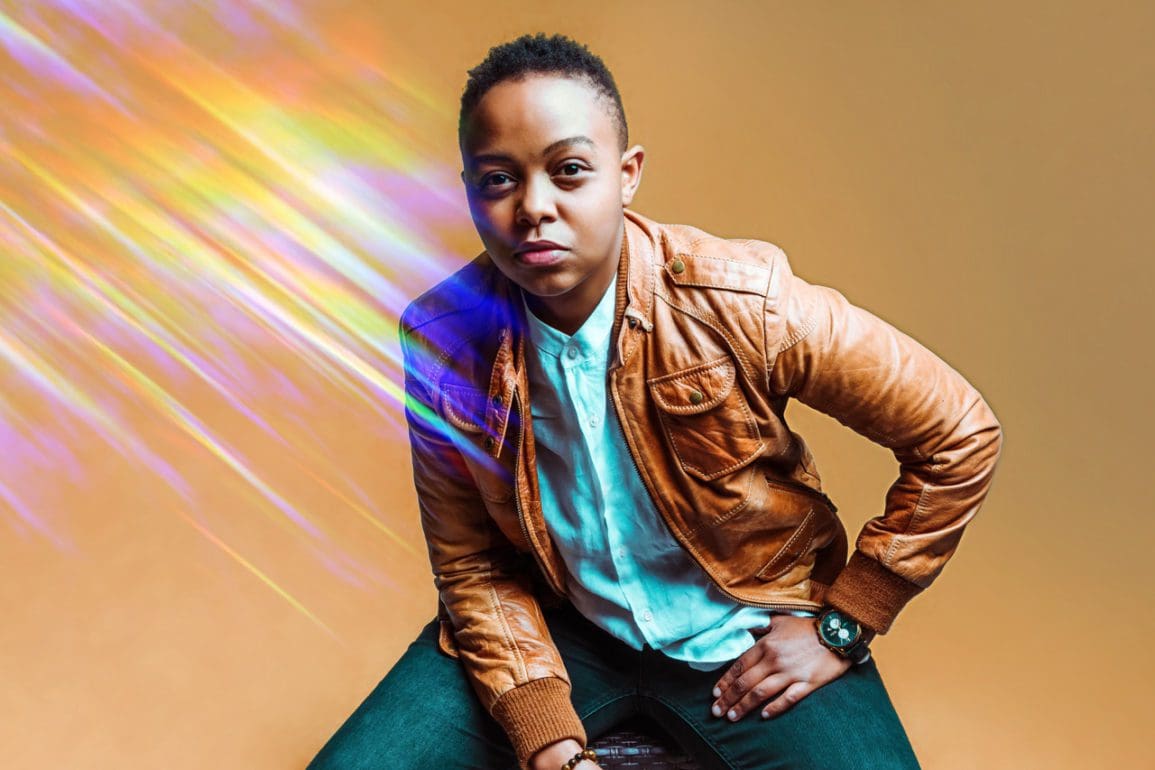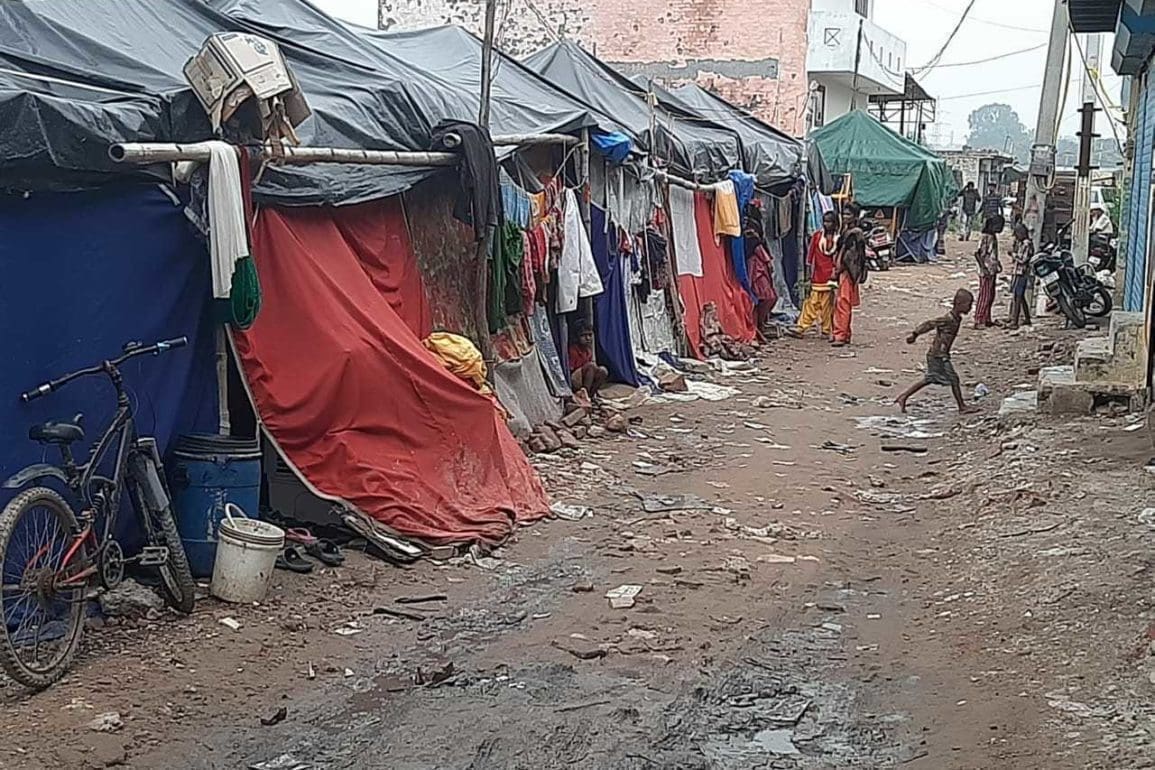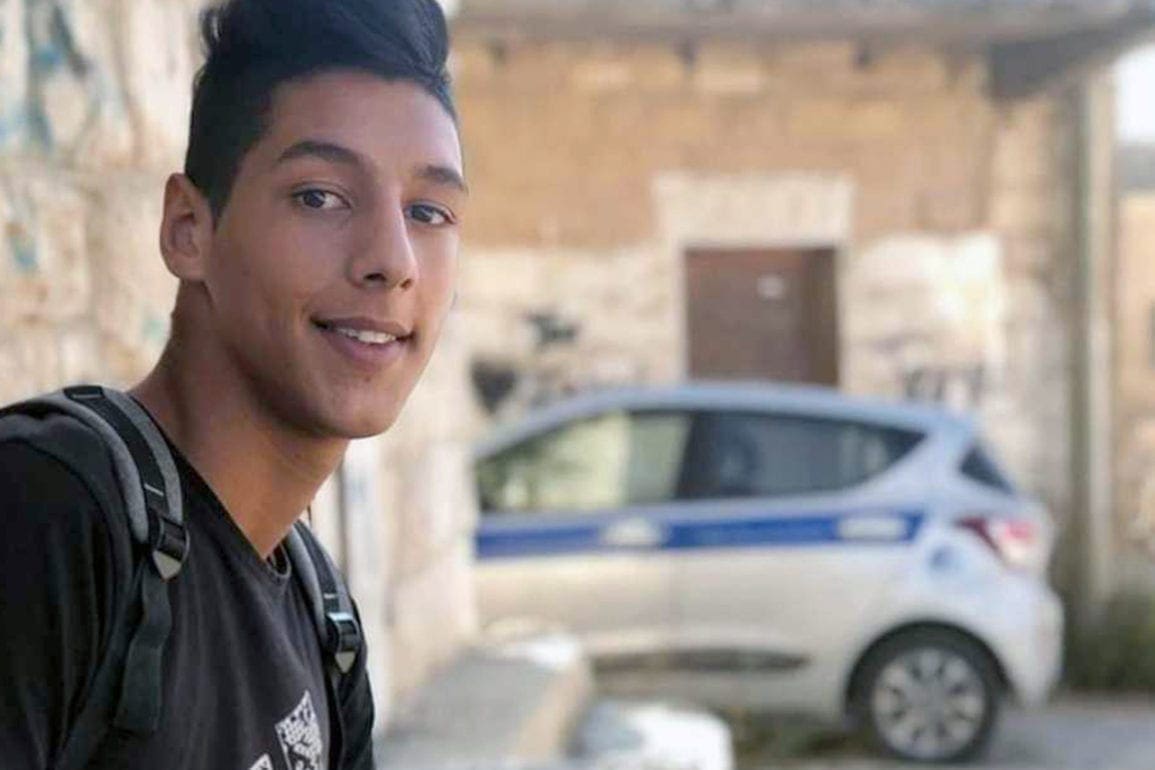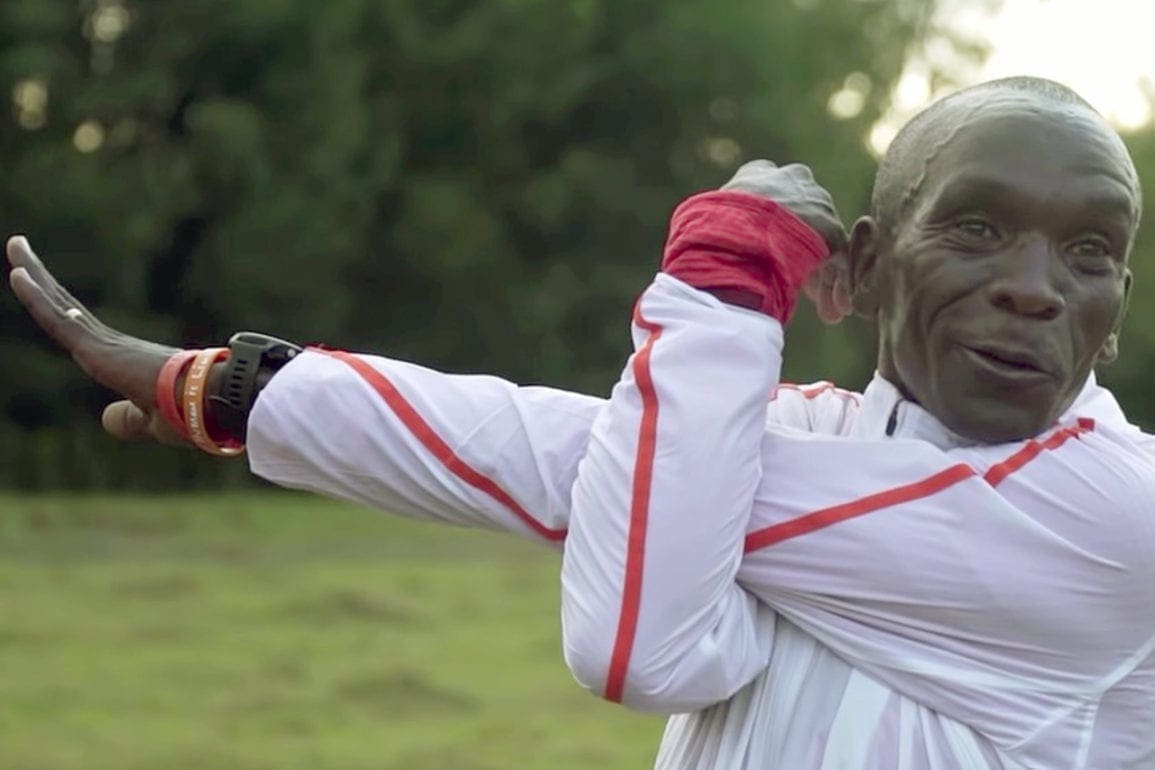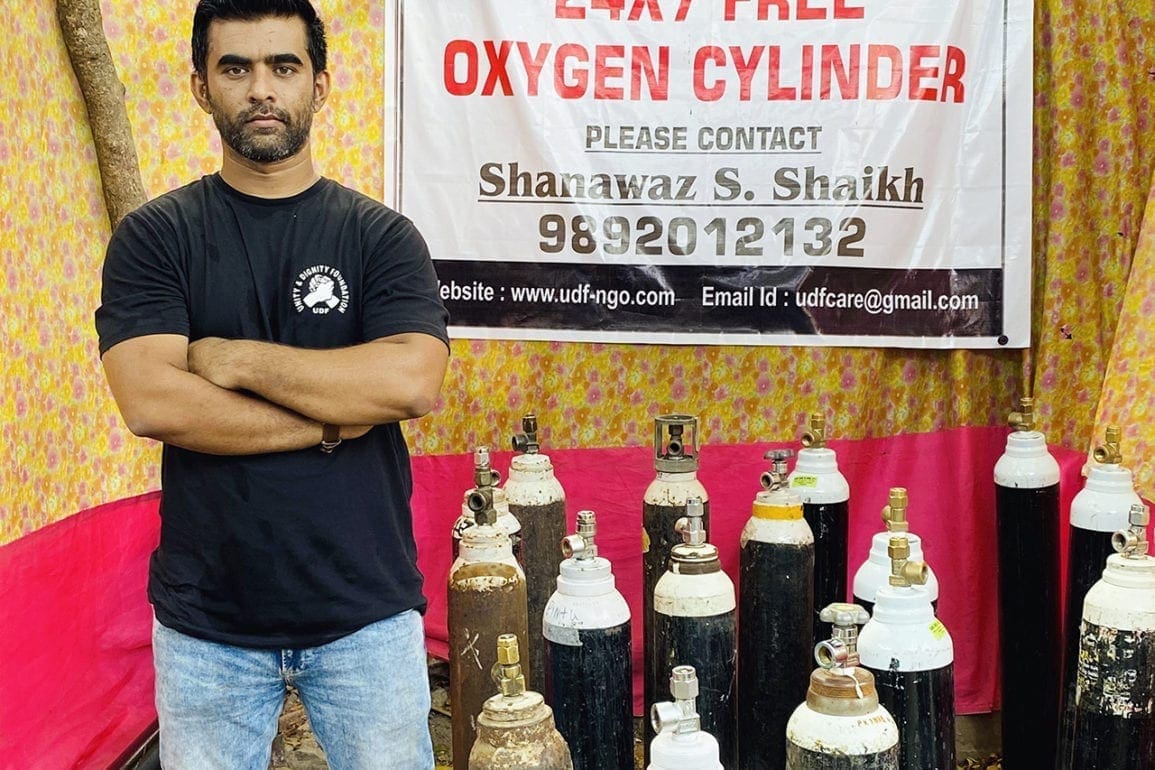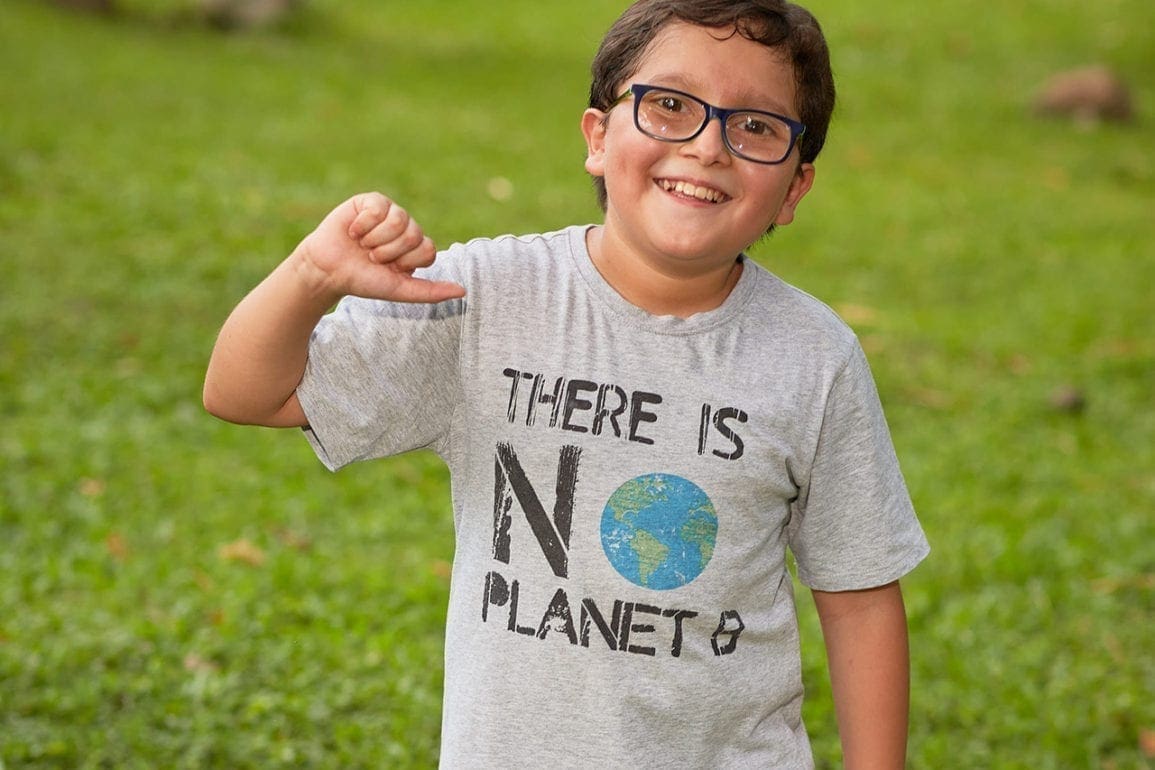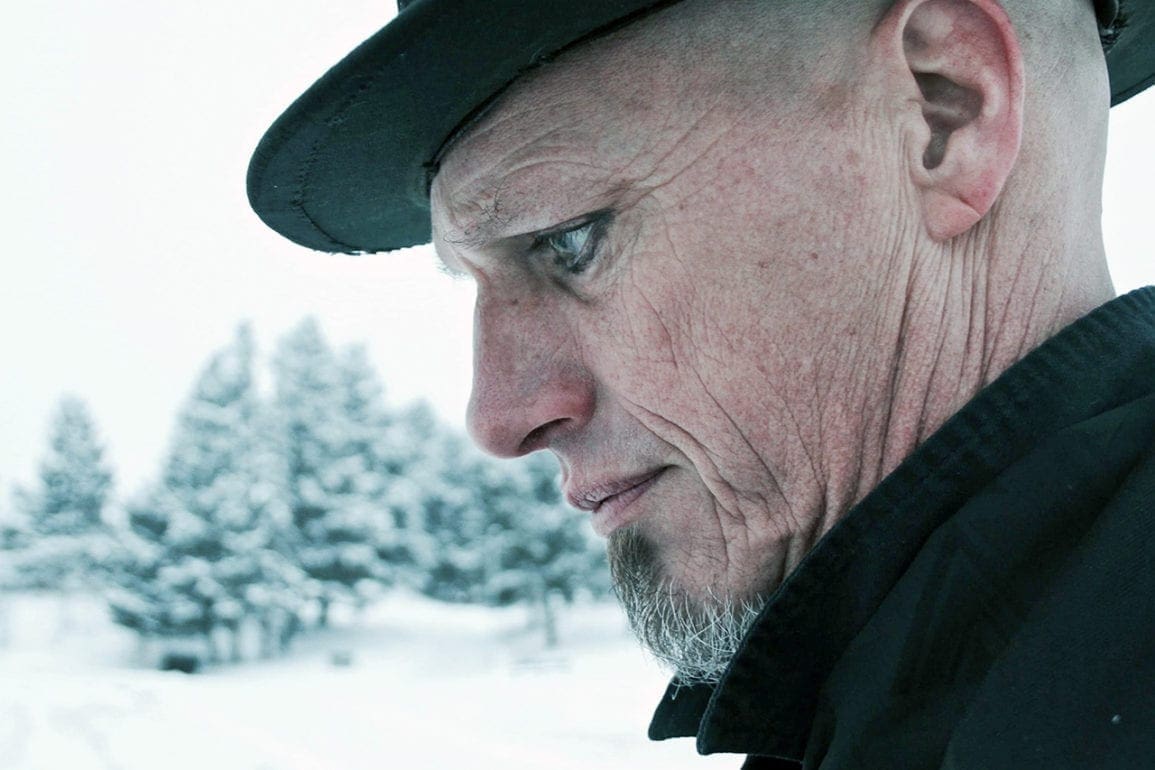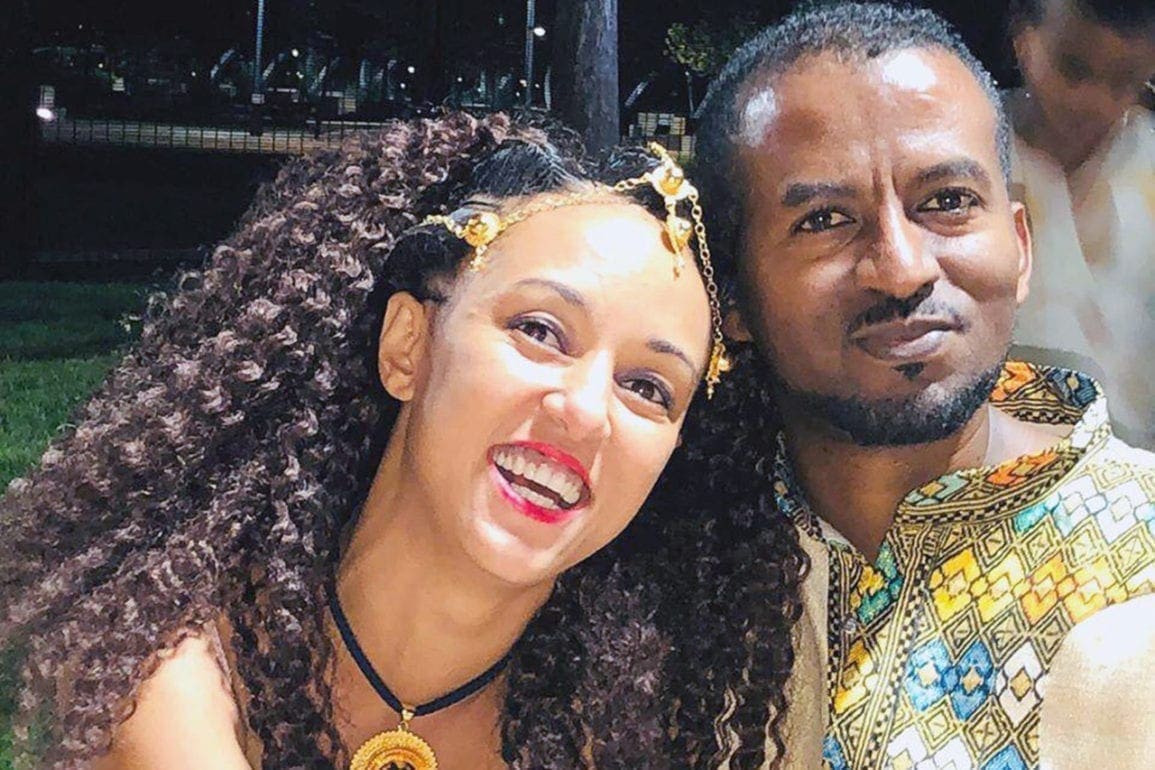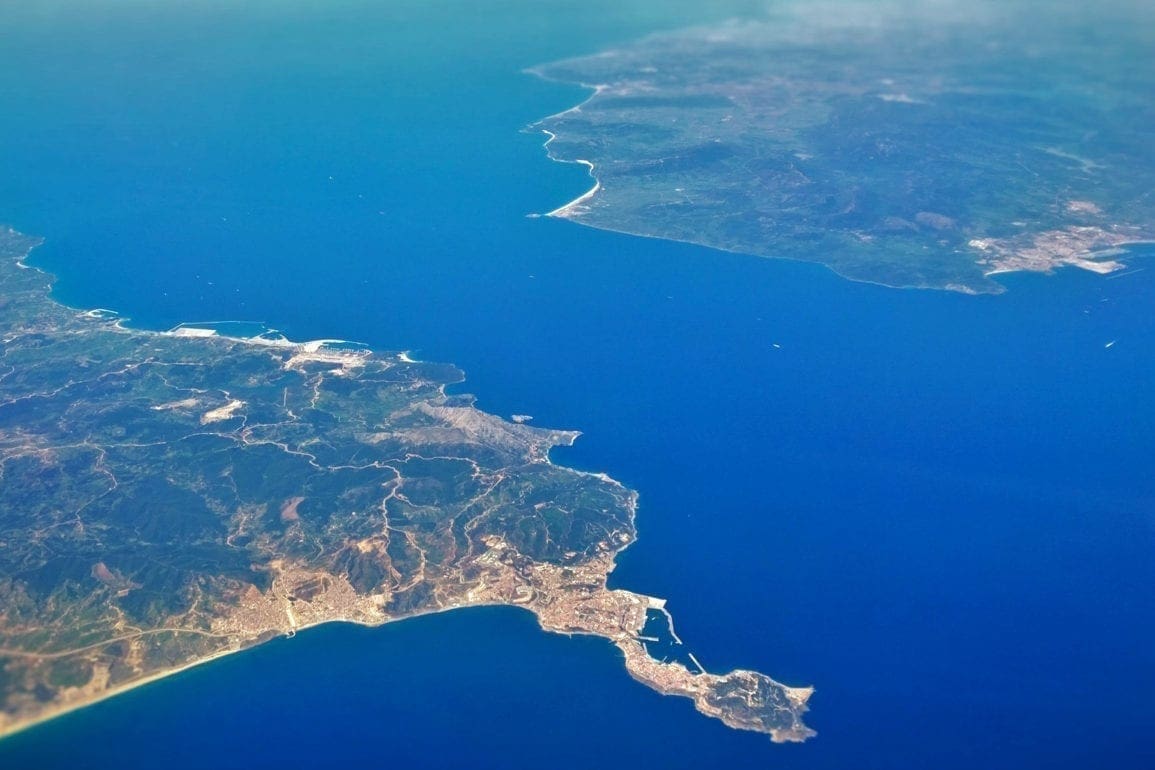Trio survives 33 days on remote island after shipwreck
We lost consciousness in the middle of the Caribbean Sea. When I opened my eyes, all I could see were palm trees, sand, and water.
- 5 years ago
July 2, 2021

THE CARIBBEAN SEA, Cuba — I spent the longest days of my life stranded on a desert island.
After planning my dream trip with two friends, our boat wrecked.
We lost consciousness in the middle of the Caribbean Sea. When I opened my eyes, all I could see were palm trees, sand, and water.
After our boat sank, my friends and I swam the sea, almost unconscious, until we reached land.
My cry for help was like an echo.
Anguish set in
There we were — three of us, stranded on an island. Little by little, my friends opened their eyes.
Hopelessness immediately set in. There was no way to communicate with anyone as we only had each other.
We did not know where we were and we lacked food, clothing, and supplies, so we had to improvise to survive. The first days were the worst, and as night approached, we longed to wake up at home with a plate of food and a hot shower.
Today, we value those moments.
Trying to survive
My friends and I were the island’s sole inhabitants, which consisted of rocky soil, palm trees, and bushes.
I was surprised by the number of ideas that came to our minds to help us survive.
On the island, there were hardly any rainy days, so we could not collect water. Coconuts were our salvation as they became our only source of hydration.
As the days went by, our mouths became dry little by little, and our skin began to flake. Our menu included rats and snails. It sounds disgusting, but to us, it was a delicacy, because it was the only food that entered our stomachs.
We gathered leaves to collect the few drops of rain and dove into the salty waters to clean ourselves up. We created different weapons for protection with thick branches that we crushed with giant stones.
These activities were how we passed the time.
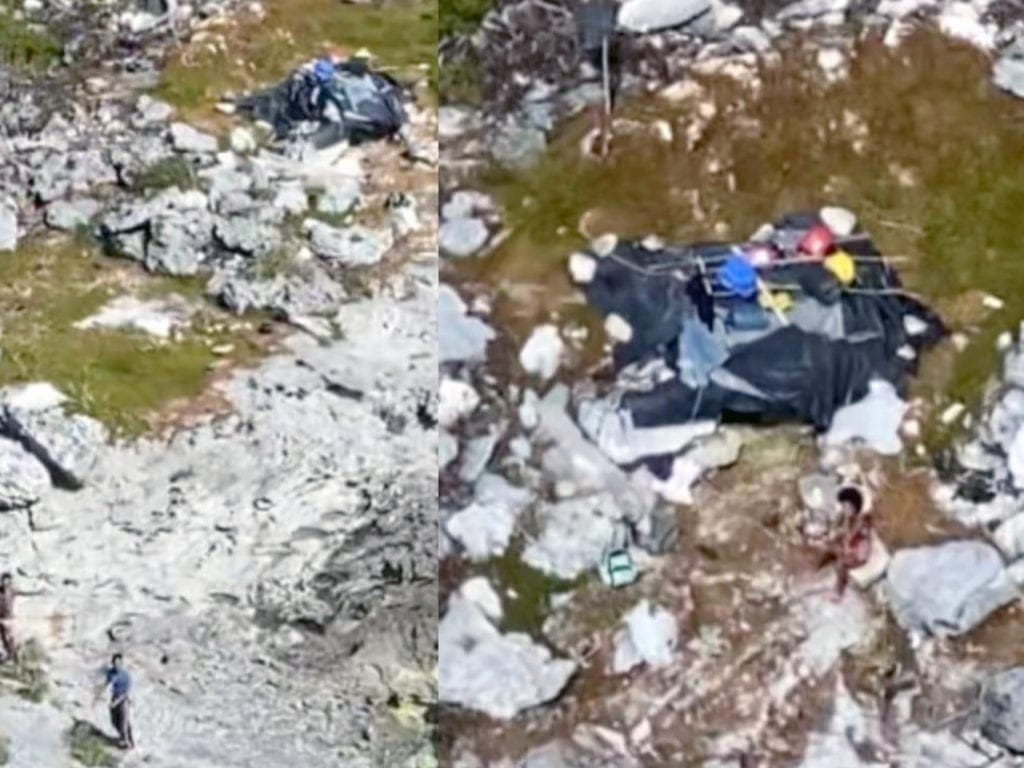
Negative thoughts mixed with hope
Meanwhile, we got used to being there. Sometimes we thought no one would ever save us, that we would live forever on that desert island. This negative mindset brought more trouble.
One of my friends developed a fever, and we had no choice but to be creative. We invented a remedy, and little by little, her temperature dropped.
As the days passed, we got sick, our moods changed, and our bodies grew weaker and weaker.
Without energy, everything became significantly challenging.
We wrote “HELP” in the sand as you see in the movies, only this was real. Remembering it still makes me excited.
Every letter we wrote expressed our wish that someone would see us. It was our only hope.
The letters were gigantic. Every morning and afternoon, we would stand around them waving to the sky.
“Someone has to come by and see us,” we thought. Instantly my mind repeated, “You are not destined to stay on this island forever, Julia. There is still hope.”
Being away from home
I missed my family, going to college, and work, and I forgot about my routine, my bed, my chair, and the smell of delicious food my partner made.
All I wanted was to go back to those days and wished I had never been on that boat. The hours passed without pain or glory.
Before the island, I used to look at the clock every five minutes. Now I had no notion of time. We woke up, ate snails, hydrated with coconut water, and repeated it over and over again.
We were dying of cold, hunger, and thirst. Our feet ached from walking barefoot. The pain and anguish were on our faces, and we were devastated.
The days continued to pass, and we were running out of ideas. Our calls for help seemed to be in vain; we didn’t know what else to do. What hopes we had were exhausted over time, and everything seemed useless.
As my body’s defenses diminished, I could do nothing more. I couldn’t stand, and I couldn’t think. As the days became critical, it wasn’t easy to even speak. We babbled, but we understood each other.
The saddest part became how we felt every day: we wanted to let ourselves surrender. We stood between life and death.
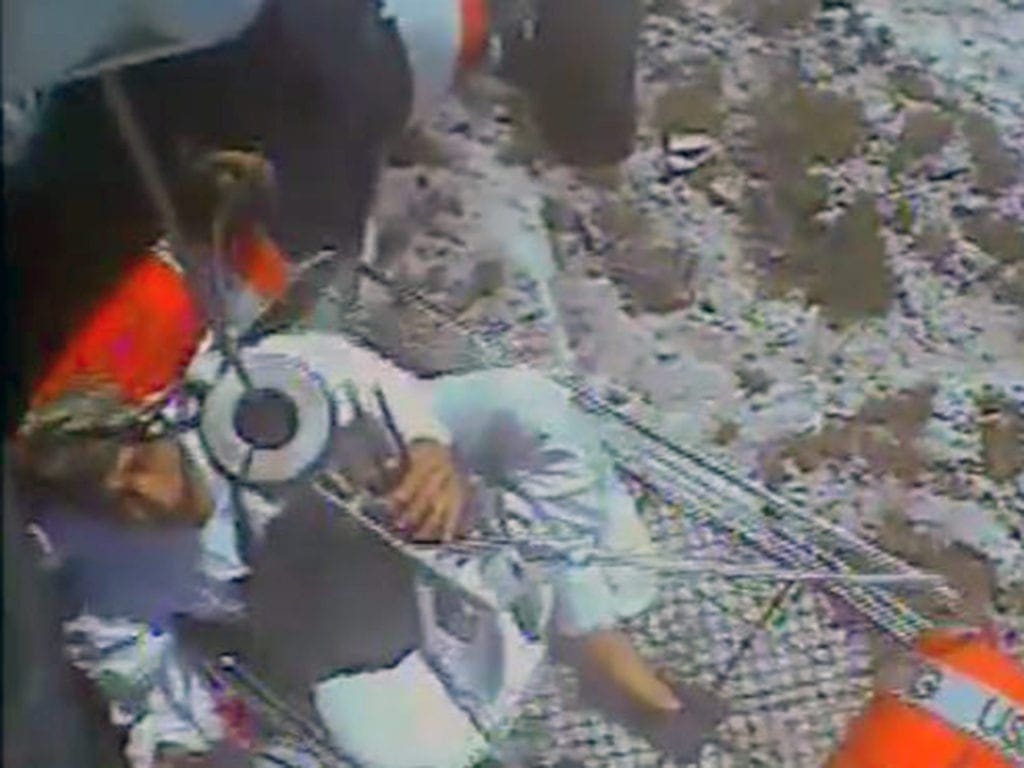
Hope reignites
One morning we opened our eyes, and we did not know everything was about to change.
We repeated our typical routine. We broke open a couple of coconuts and hydrated ourselves. For what felt like the thousandth time, we wrote the word “HELP,” which was longer and bigger.
We stood around screaming nonstop until we were speechless. We made movements with our hands as we looked up at the sky, our eyes glazed and crying.
Then, suddenly, an angel appeared from the clouds – a savior. A Coast Guard plane spotted us and our word, “HELP.” We shouted for them to come down and get us out of there.
We could not believe it was happening. A jumble of sensations flooded us, and we were ecstatic. Our time had come. We were getting out of there.
Right then, the Coast Guard threw us a bag with provisions and a radio so we could communicate. After that, everything was a celebration.
We received the alert that they would pick us up in the next few days. We lived those days like no other. Happiness returned. Our insomnia, our thousand attempts to shout for help, every moment on the island to survive had paid off.
With the food they dropped, we were already physically better. It was still freezing, we were dirty, and our defenses were down, but everything was about to change.
The end of a nightmare
At long last, that nightmare came to an end. When we touched dry land, we were so excited.
The Coast Guard transferred us to the Lower Keys Medical Center in Florida in the United States.
I heard one of the pilots say that it was fantastic we could survive so many days on a desert island; it was almost a miracle.
Thirty-three days on the island was an eternity for us.
The rescue was a dream, and we were in awe – relaxed and calm. Thanks to fate, I lived to tell the story.

